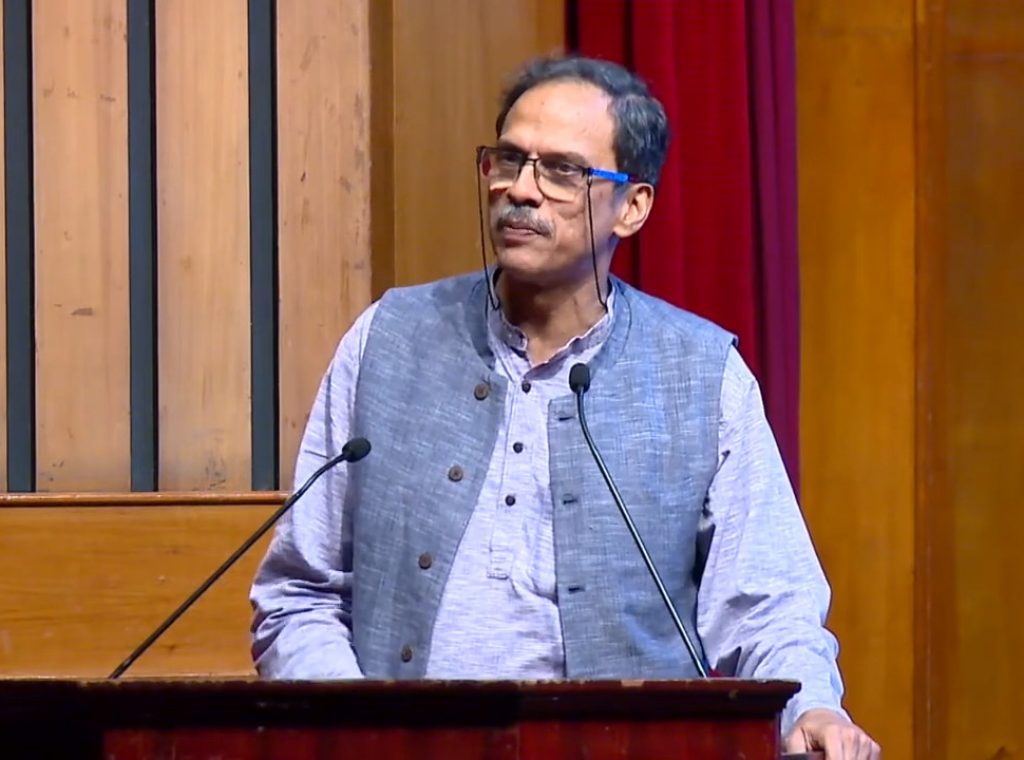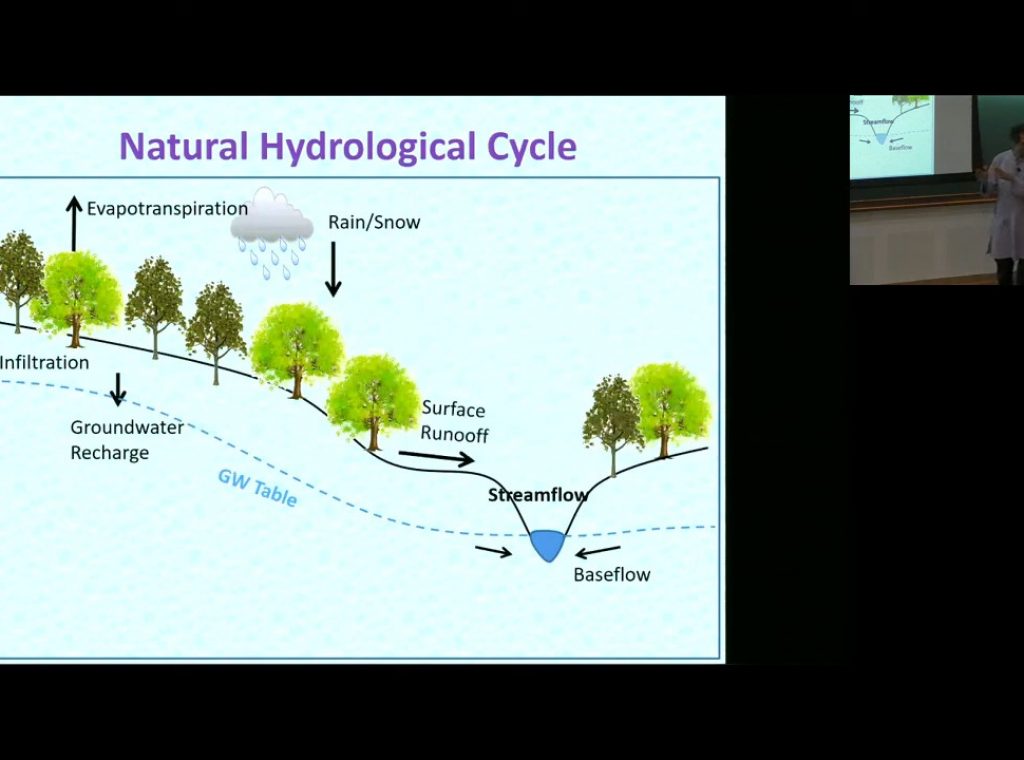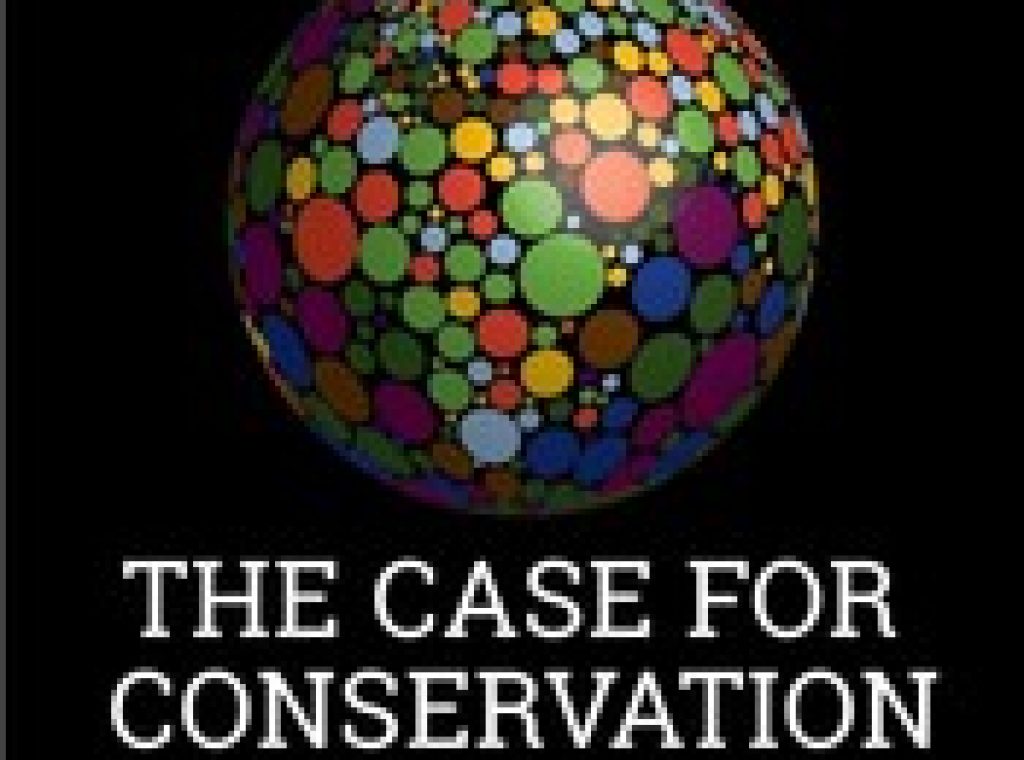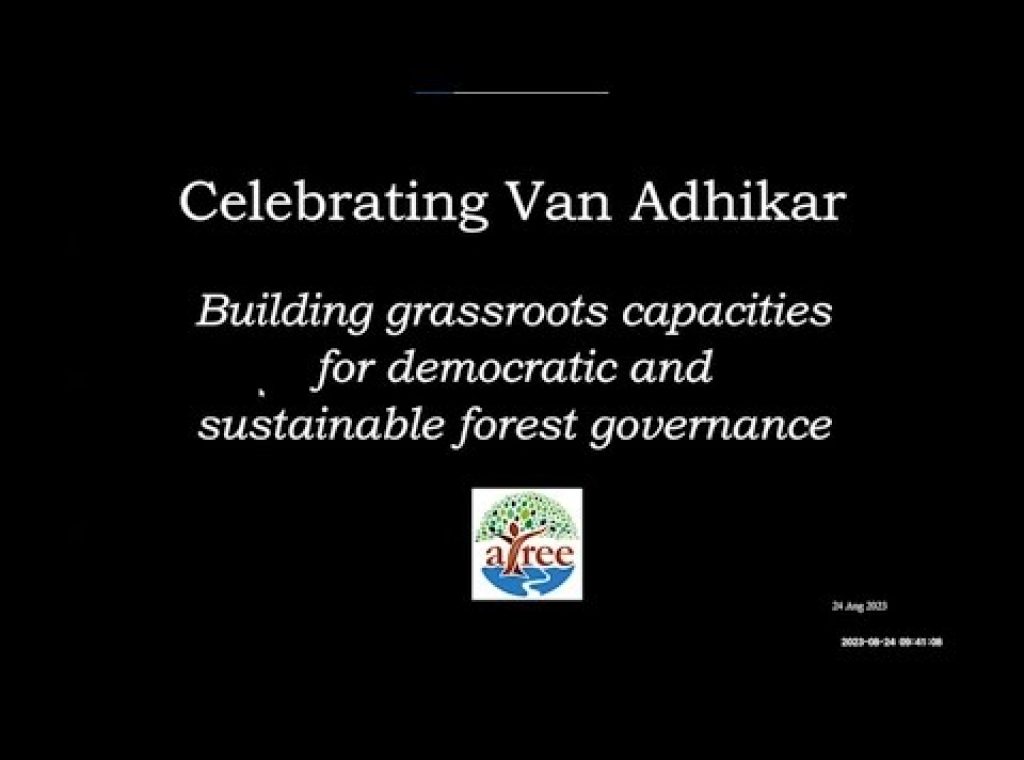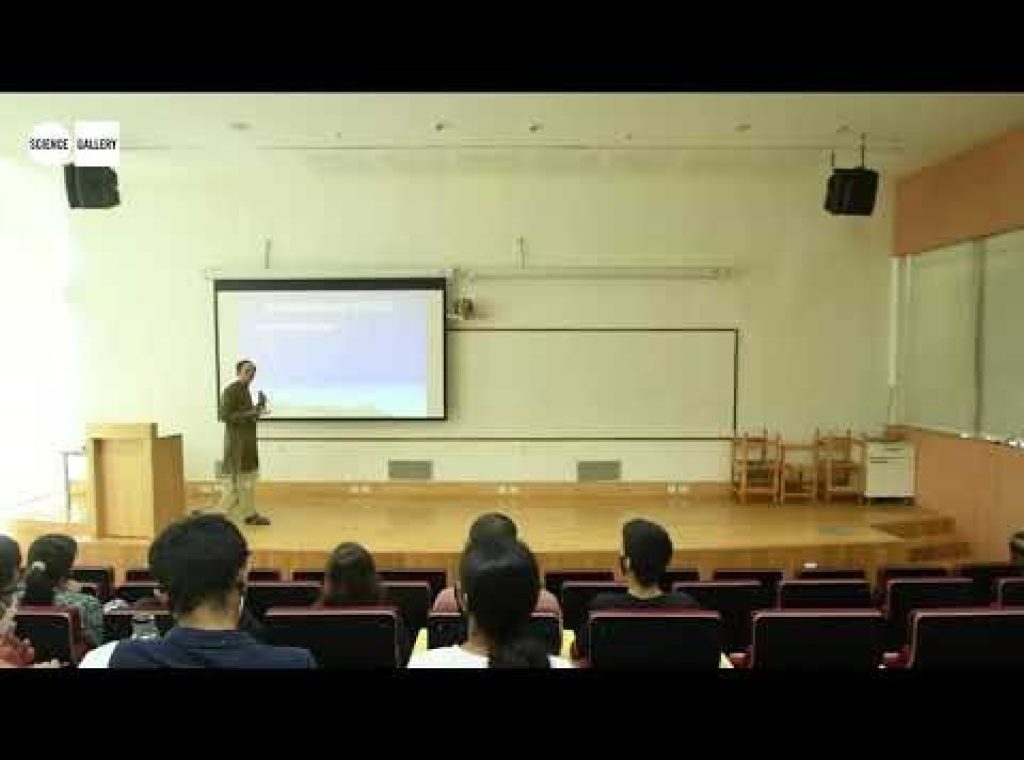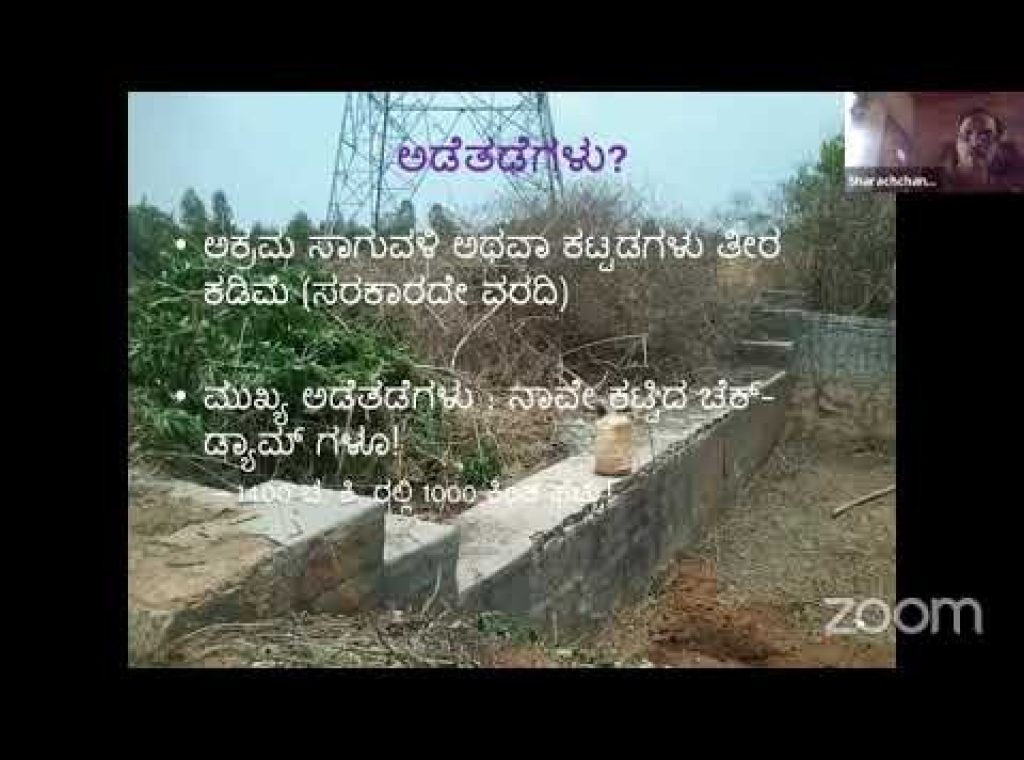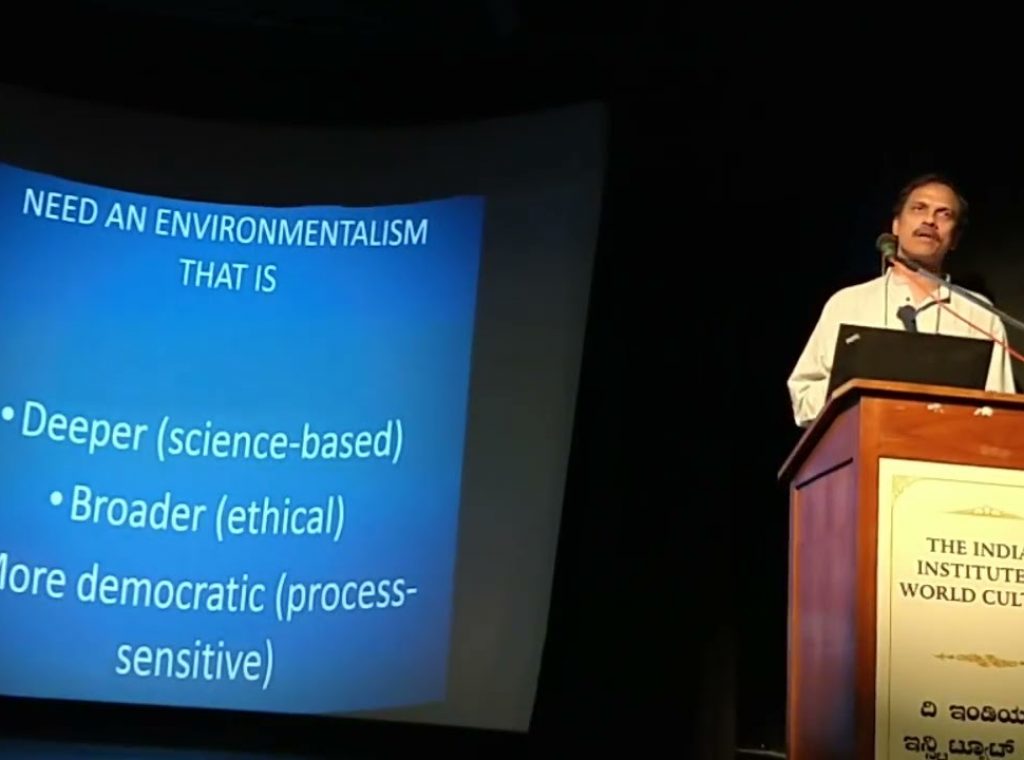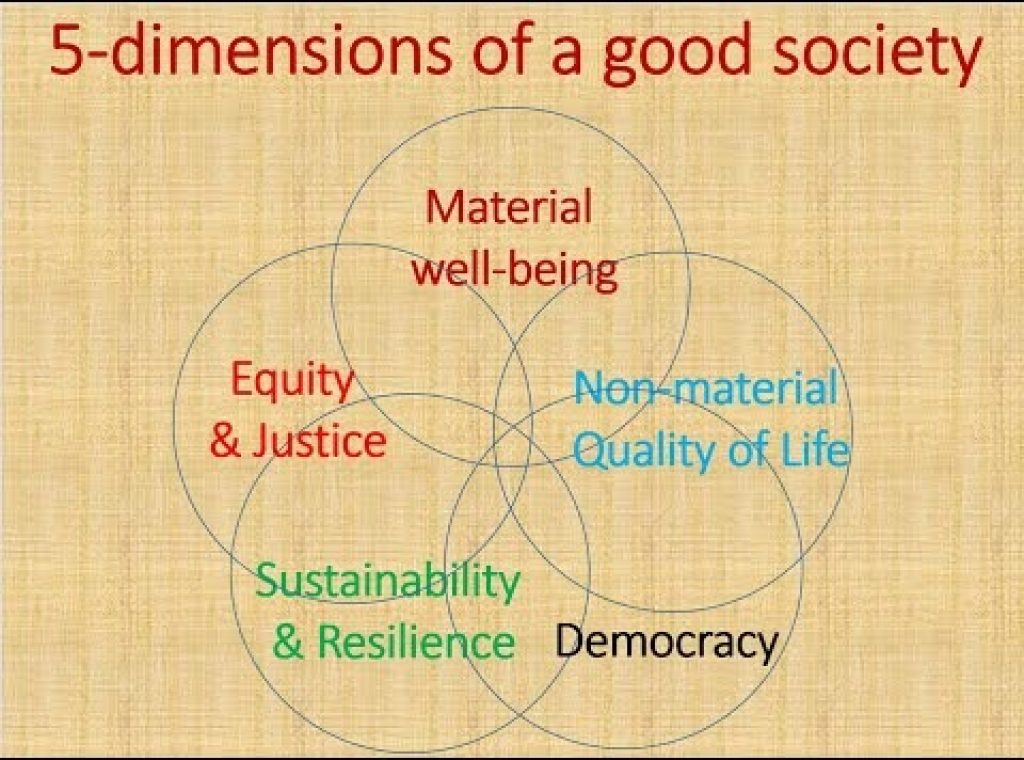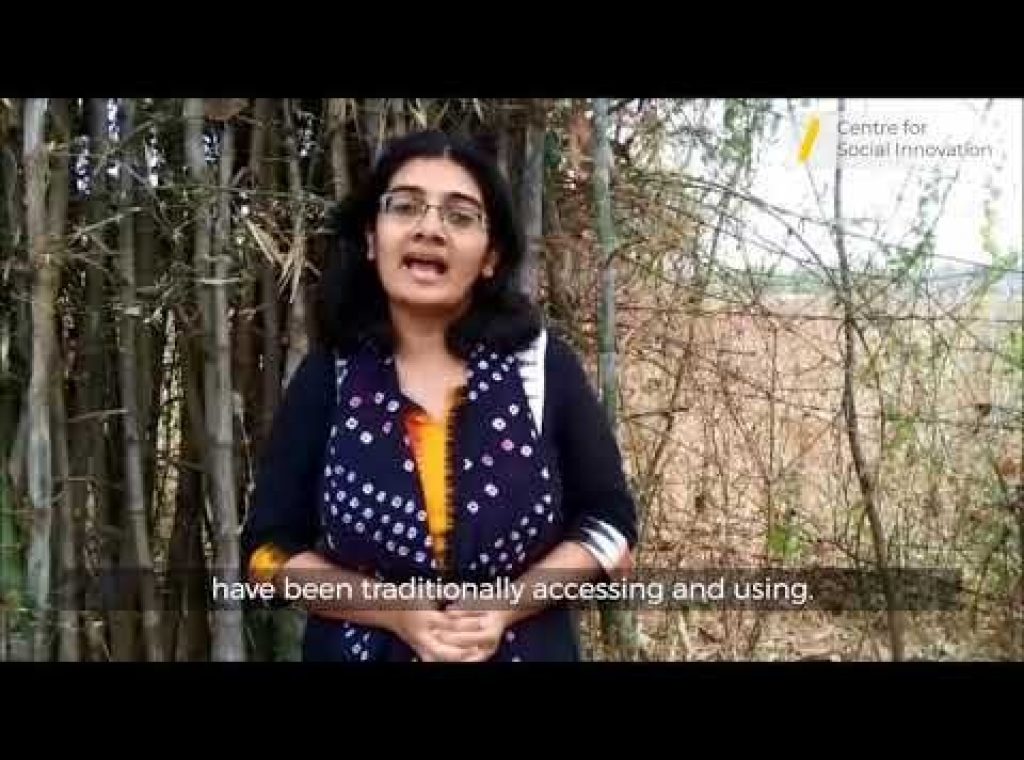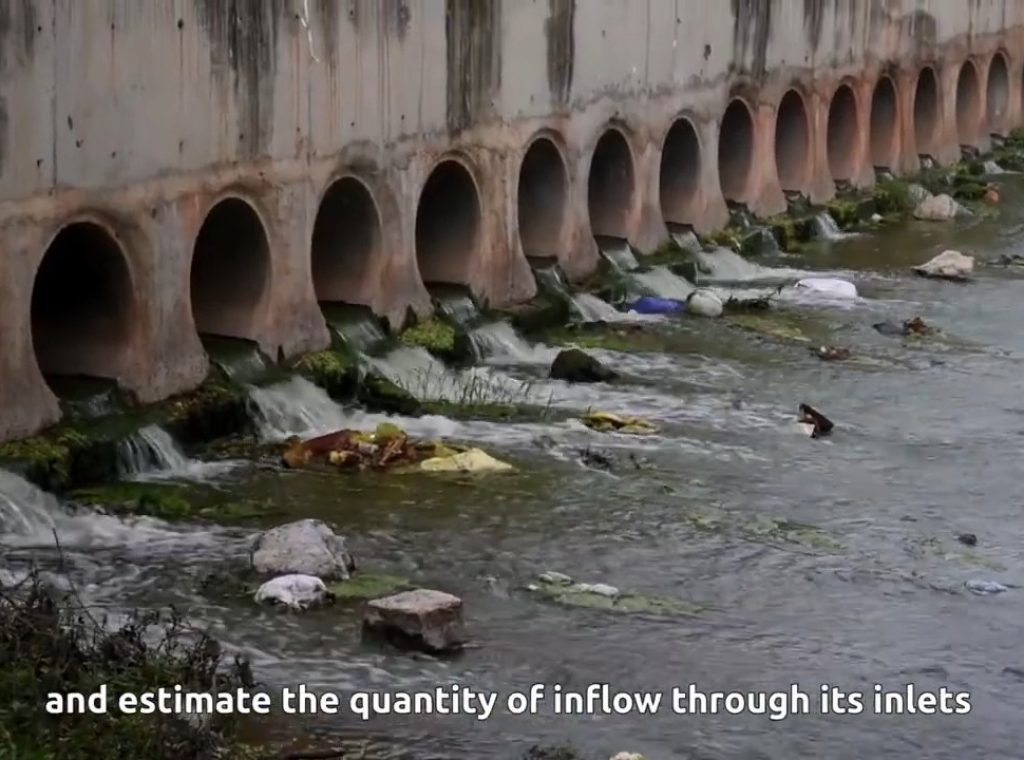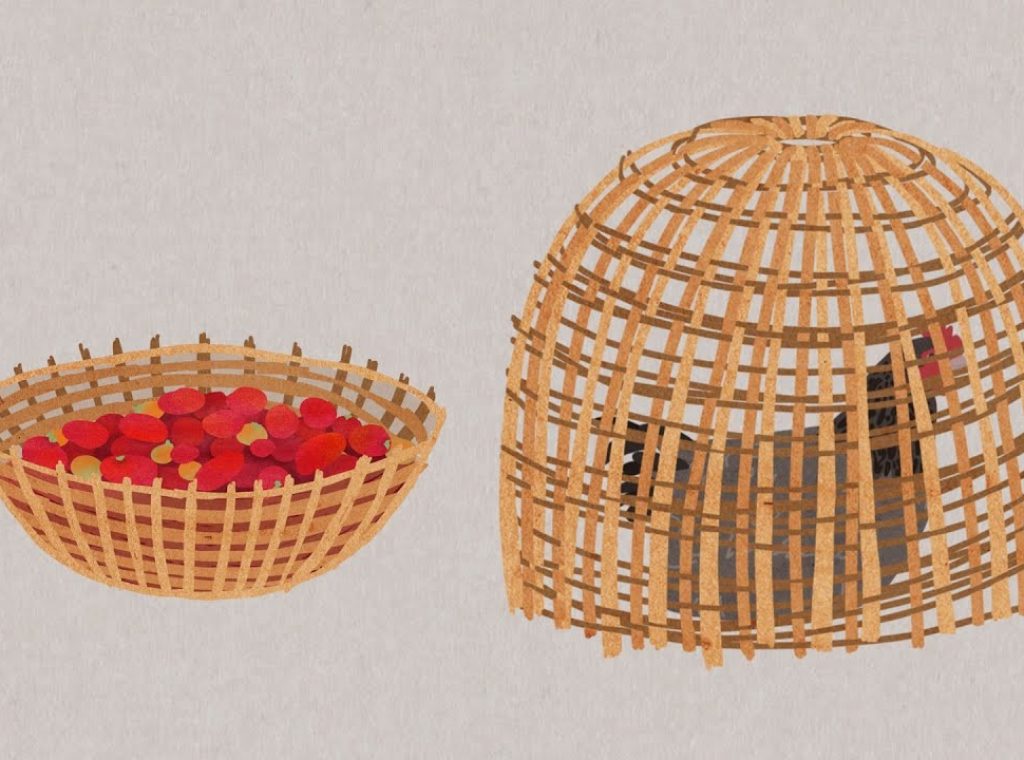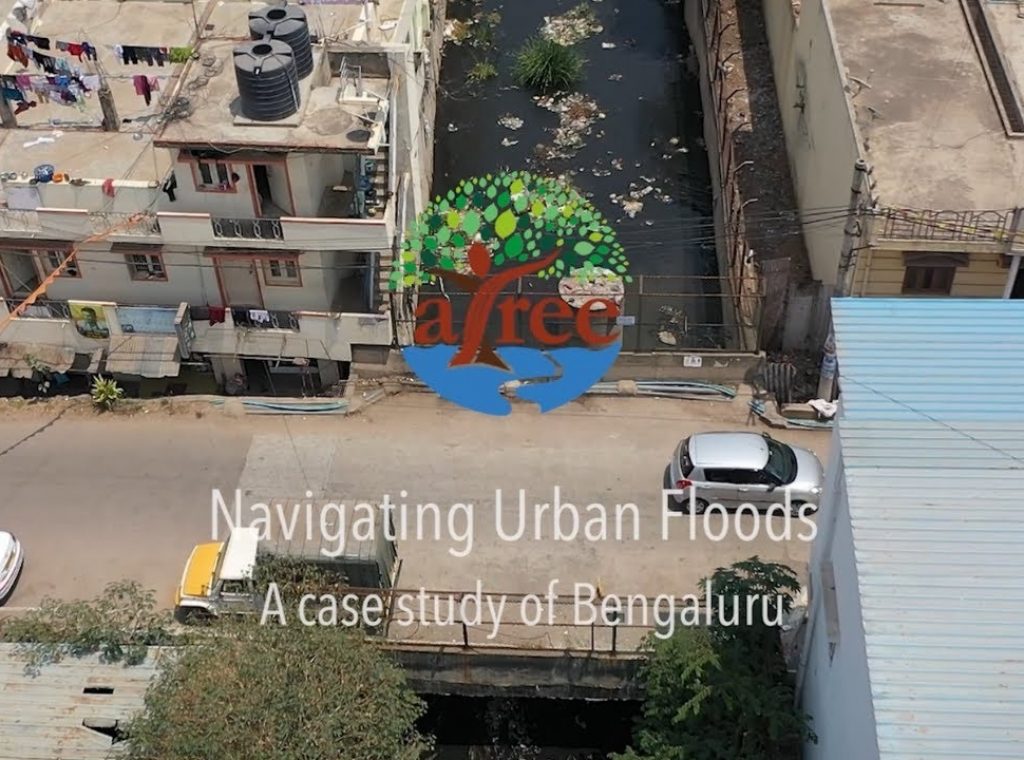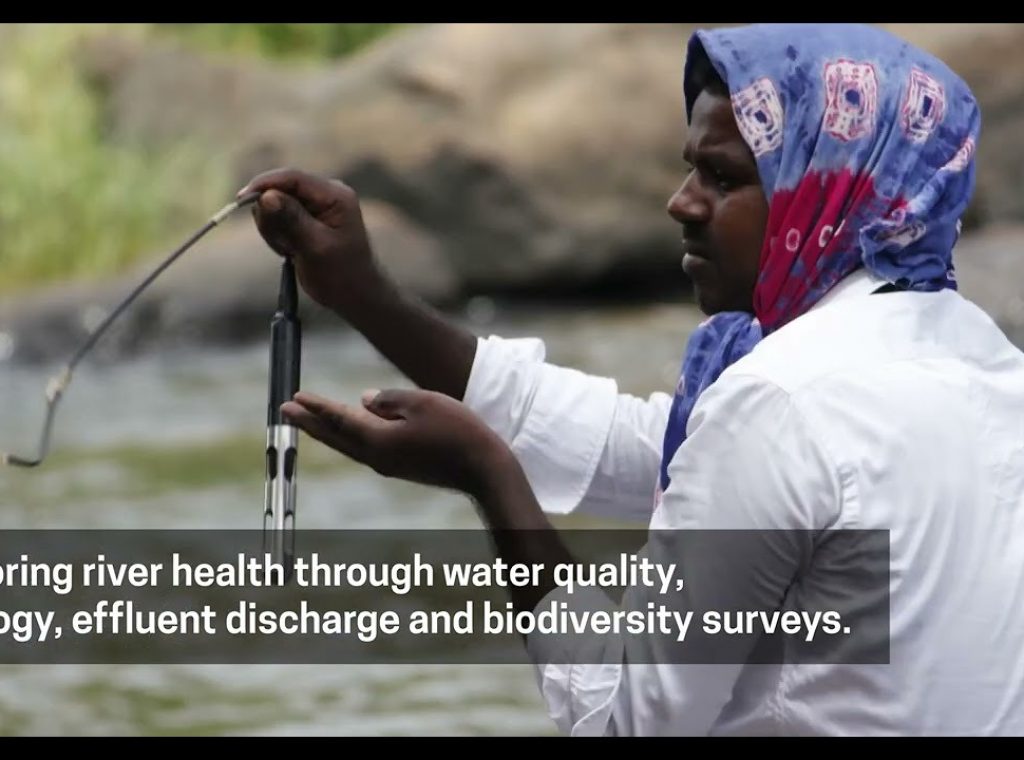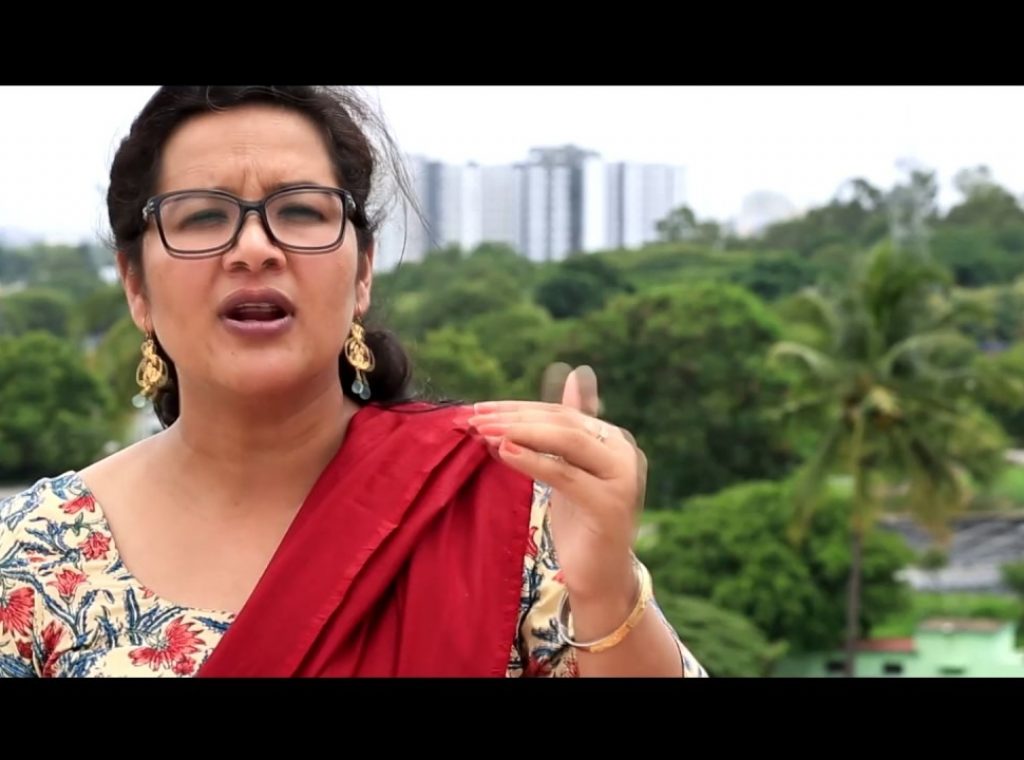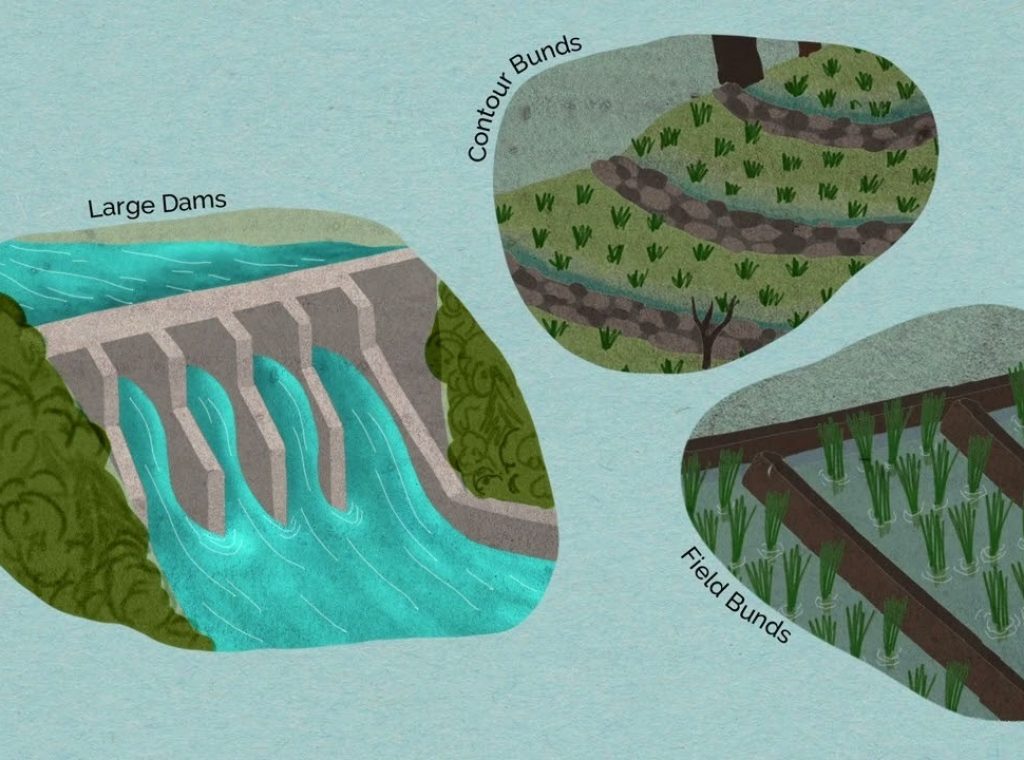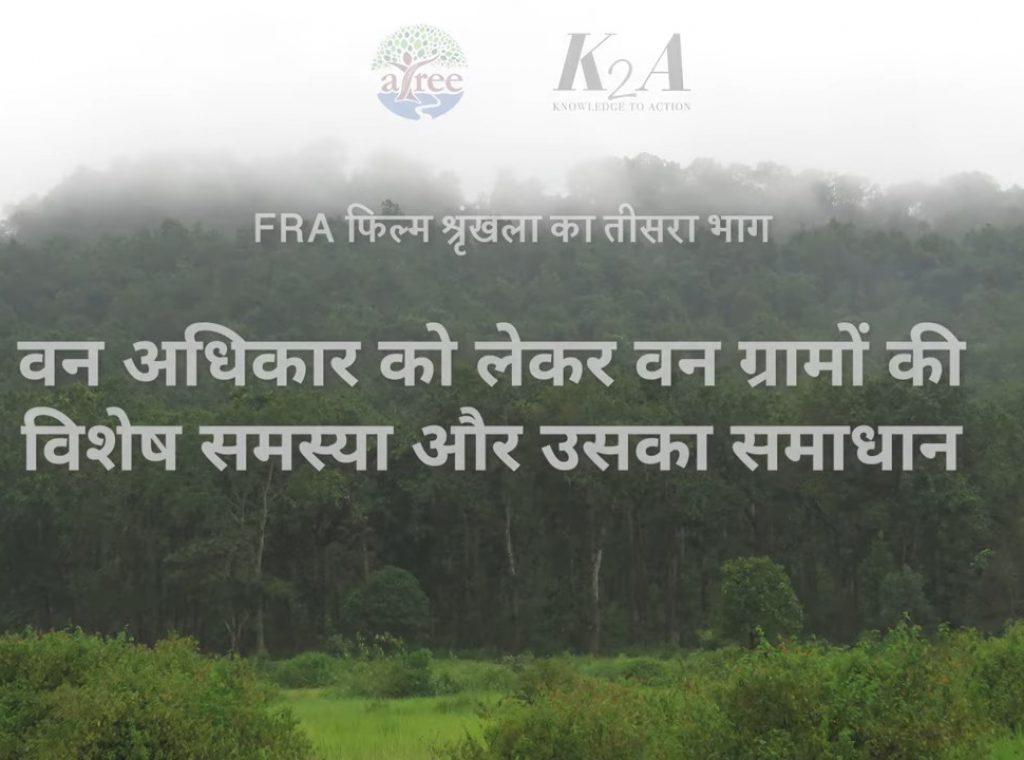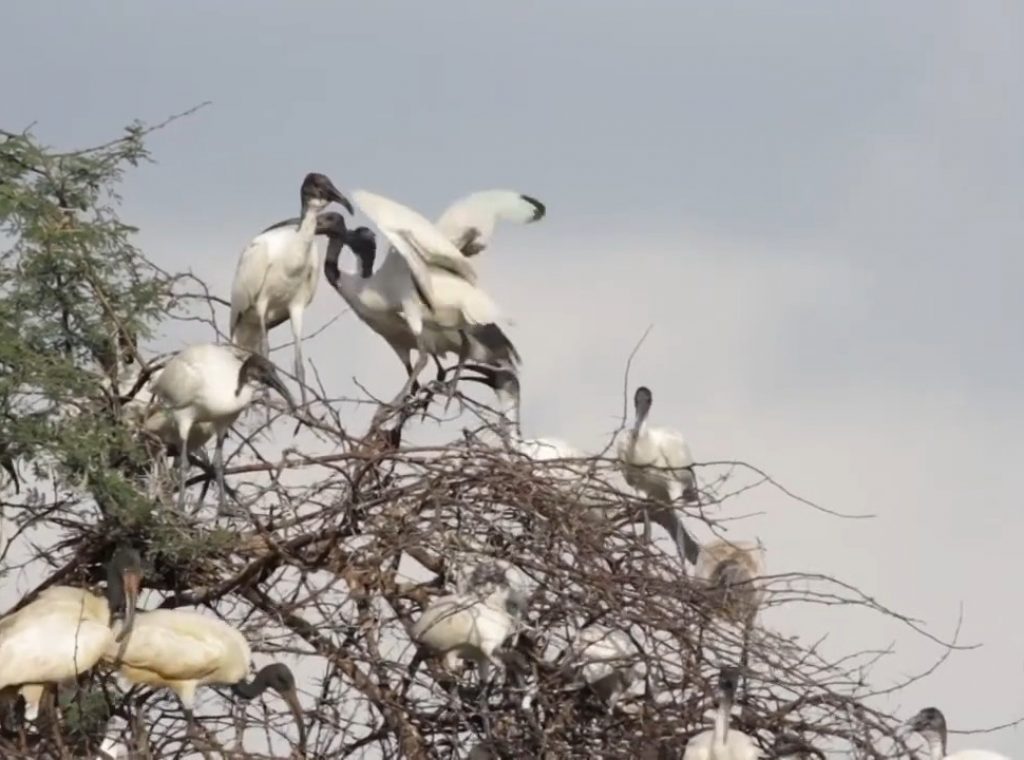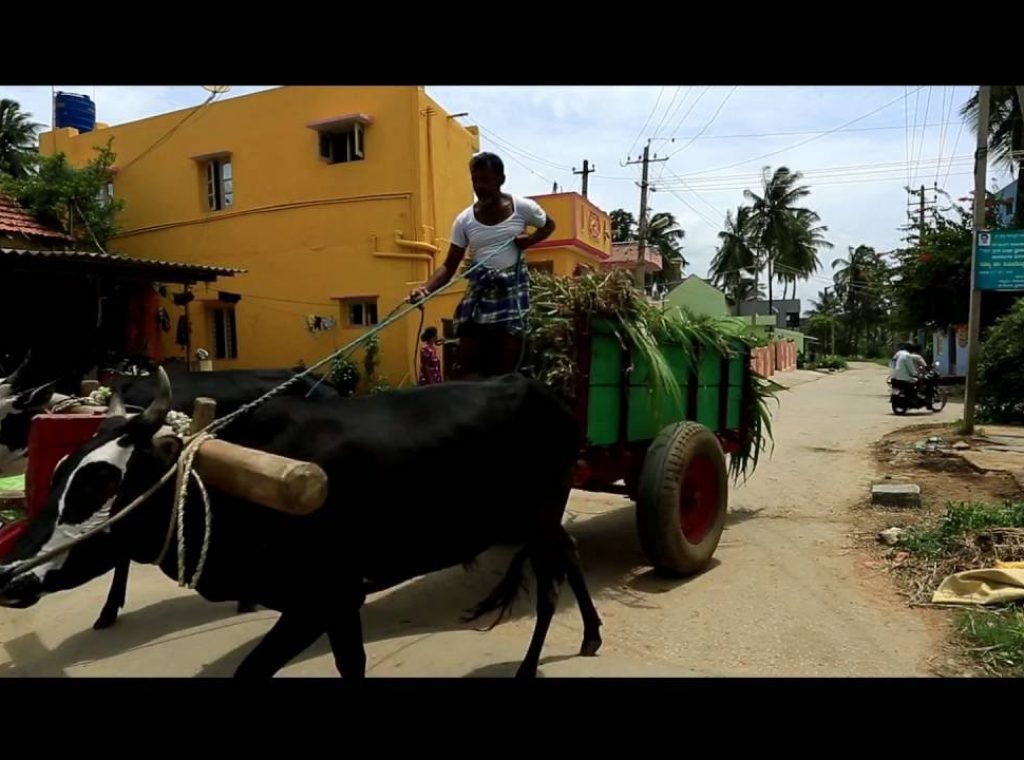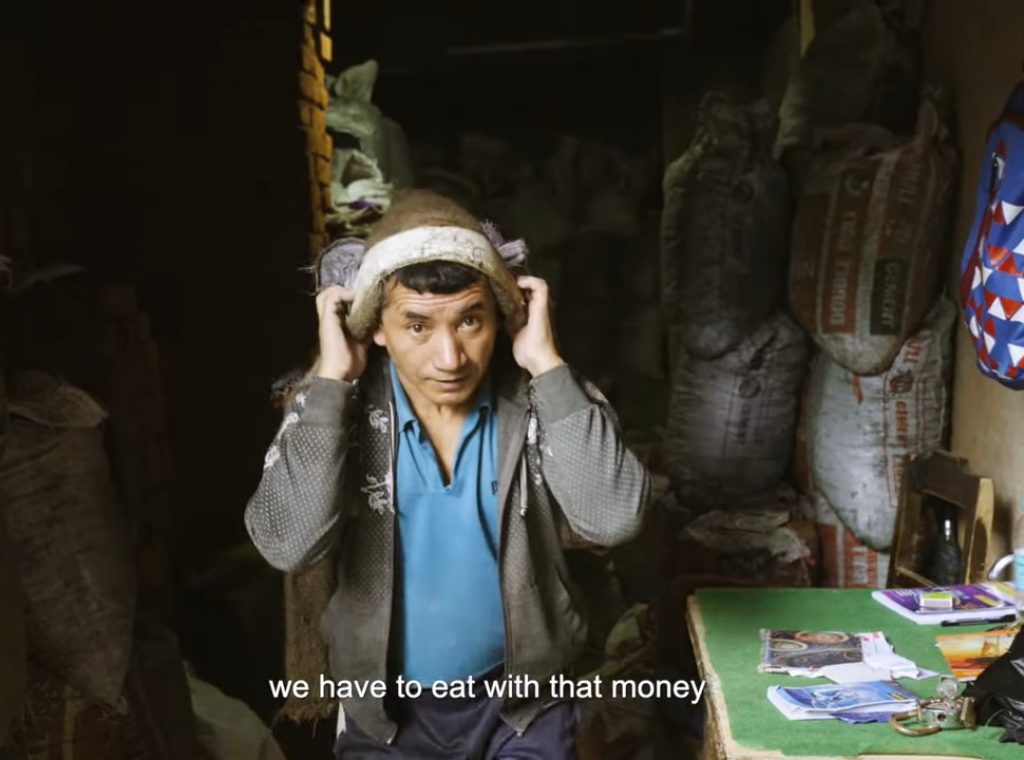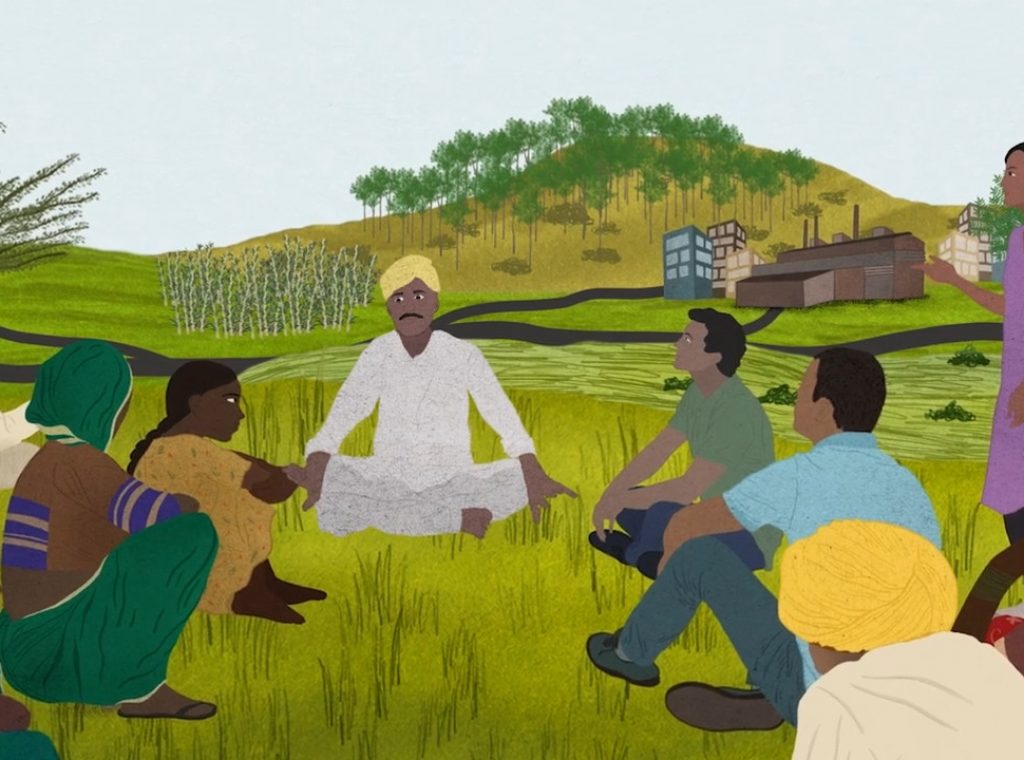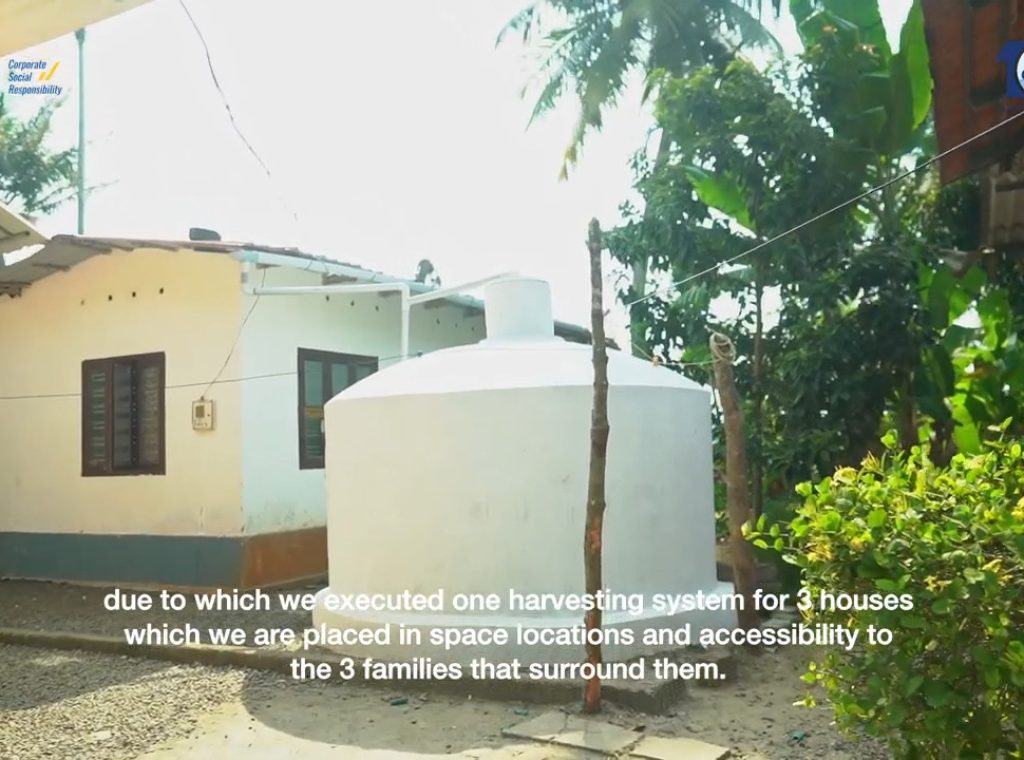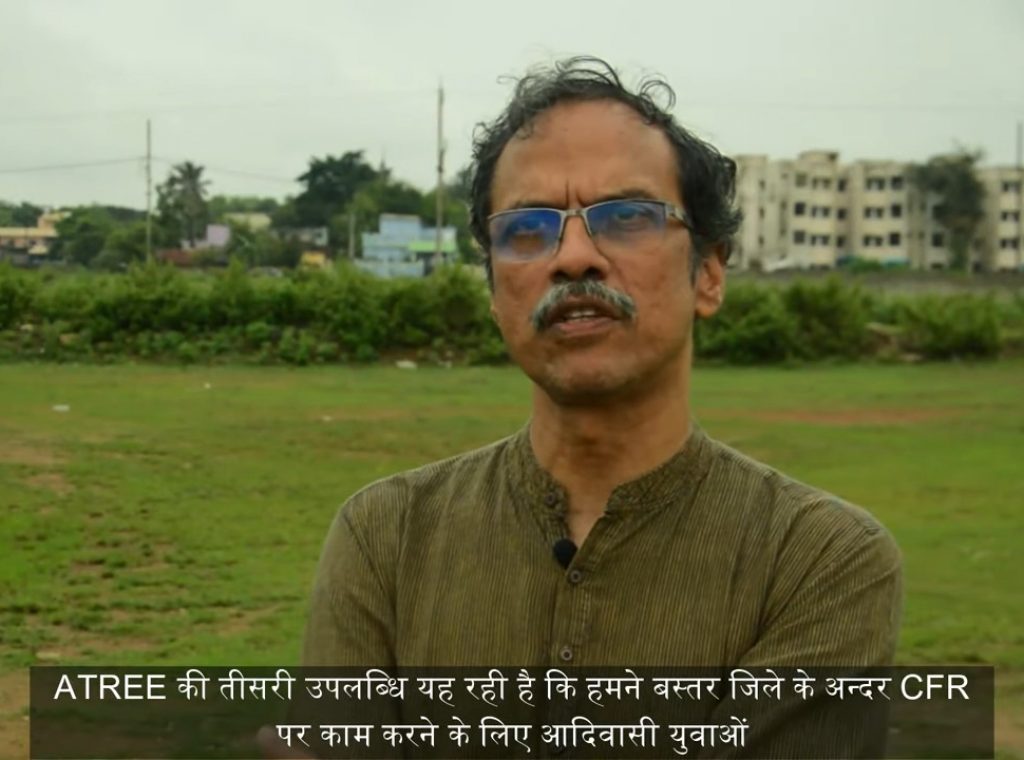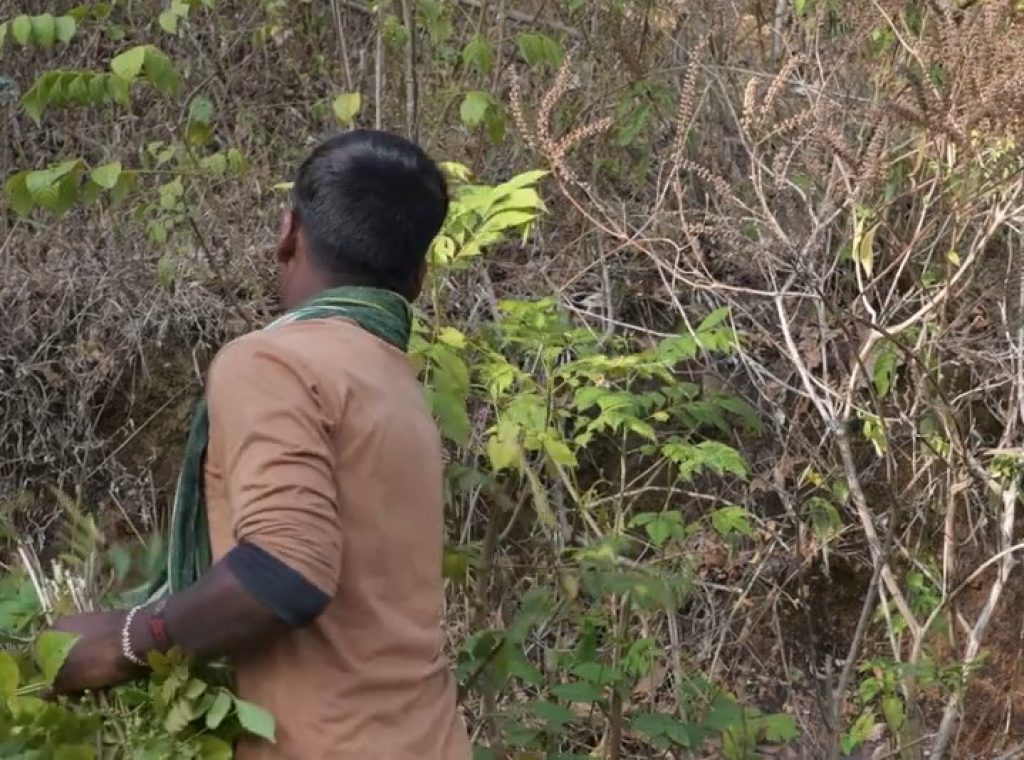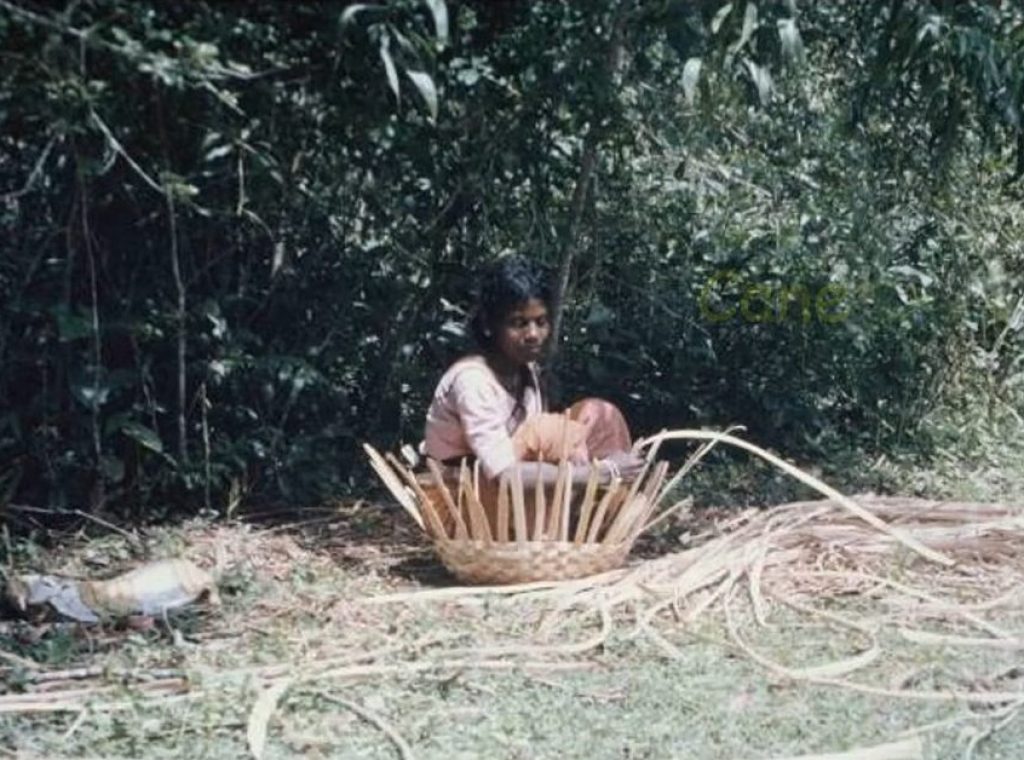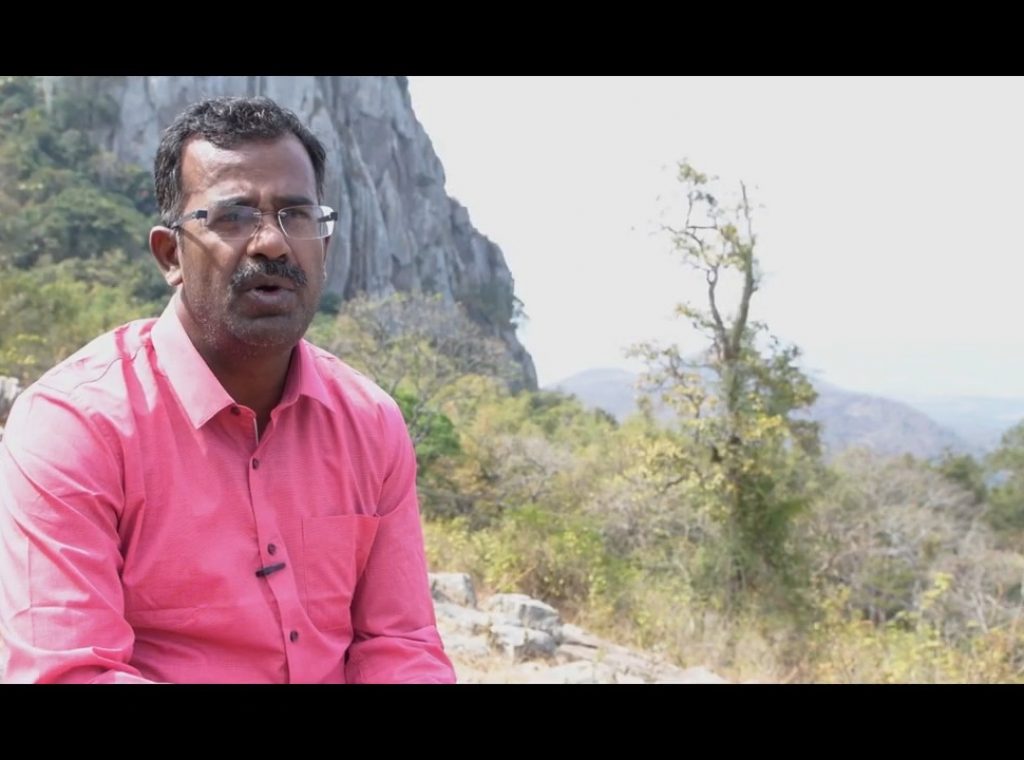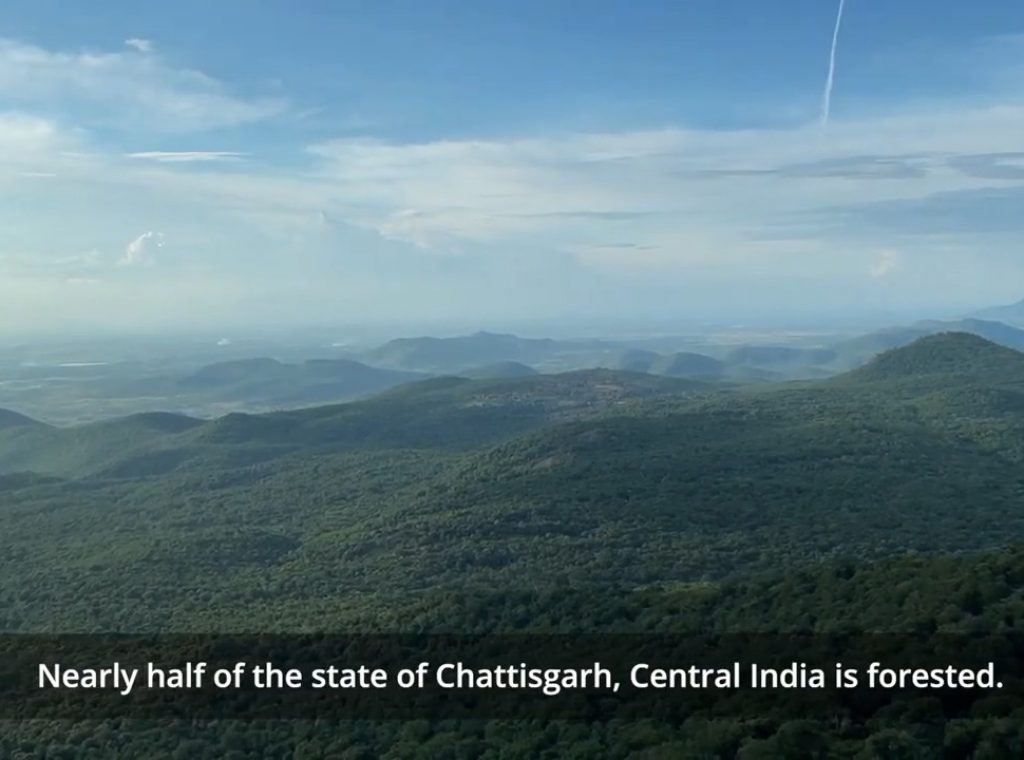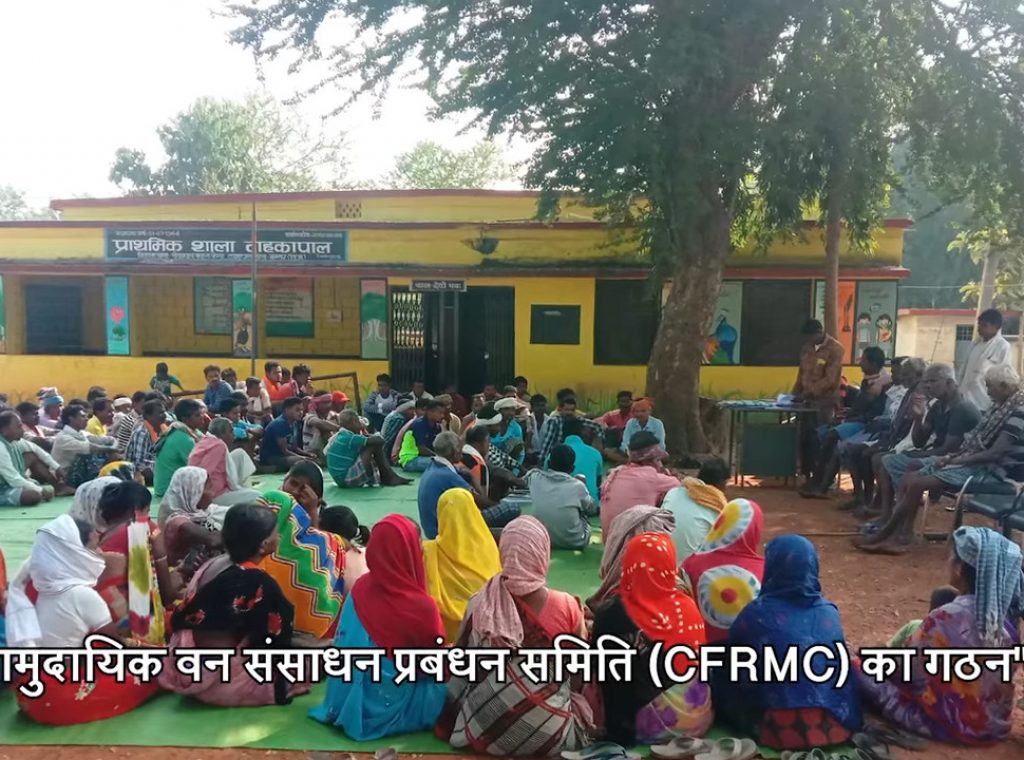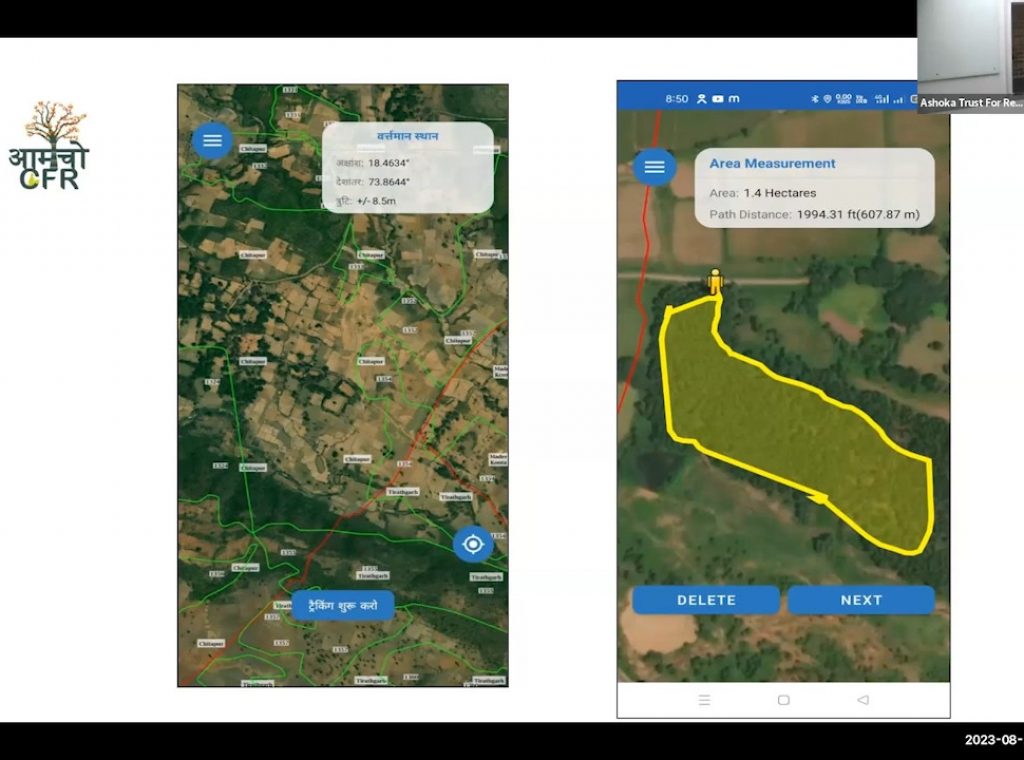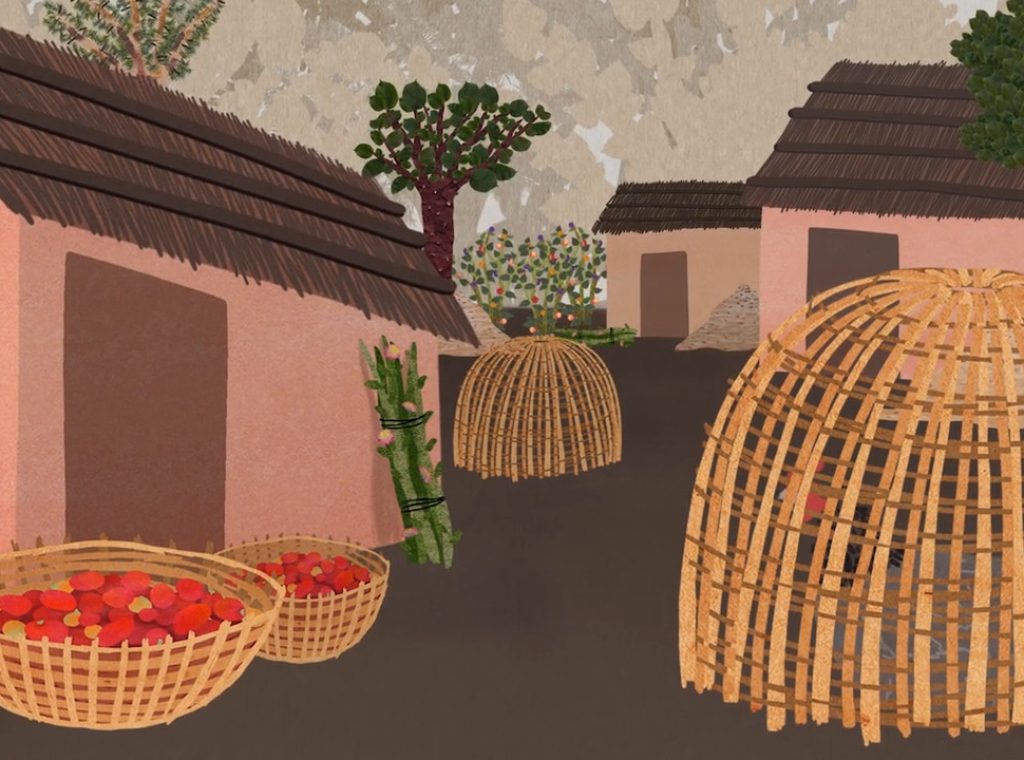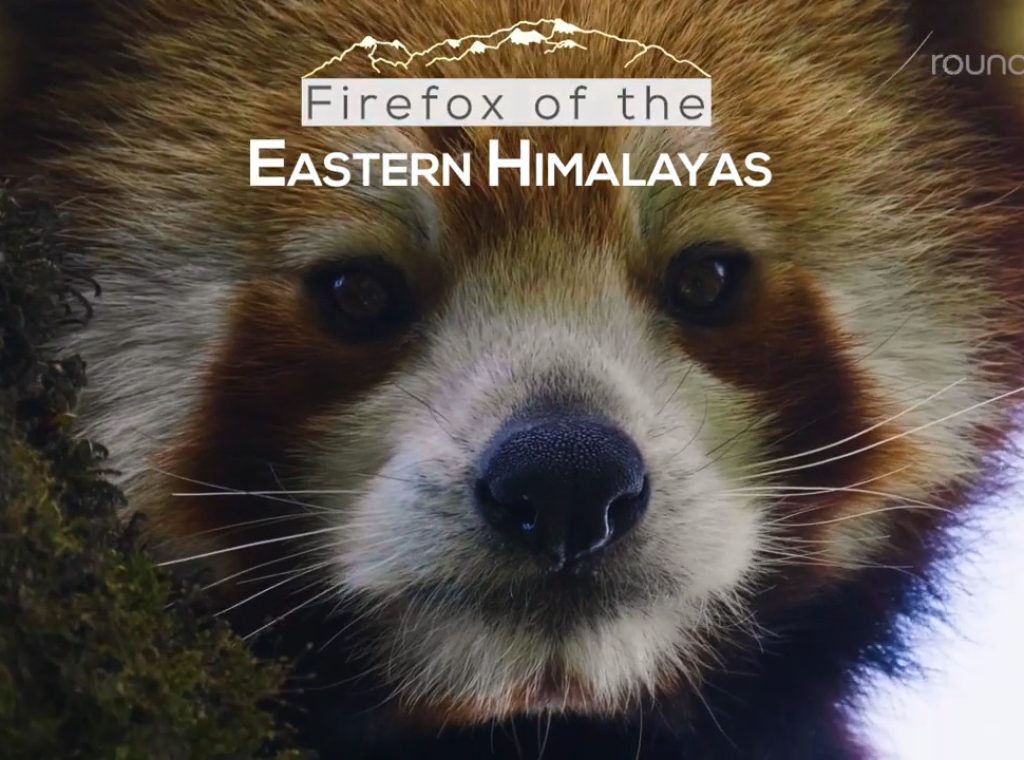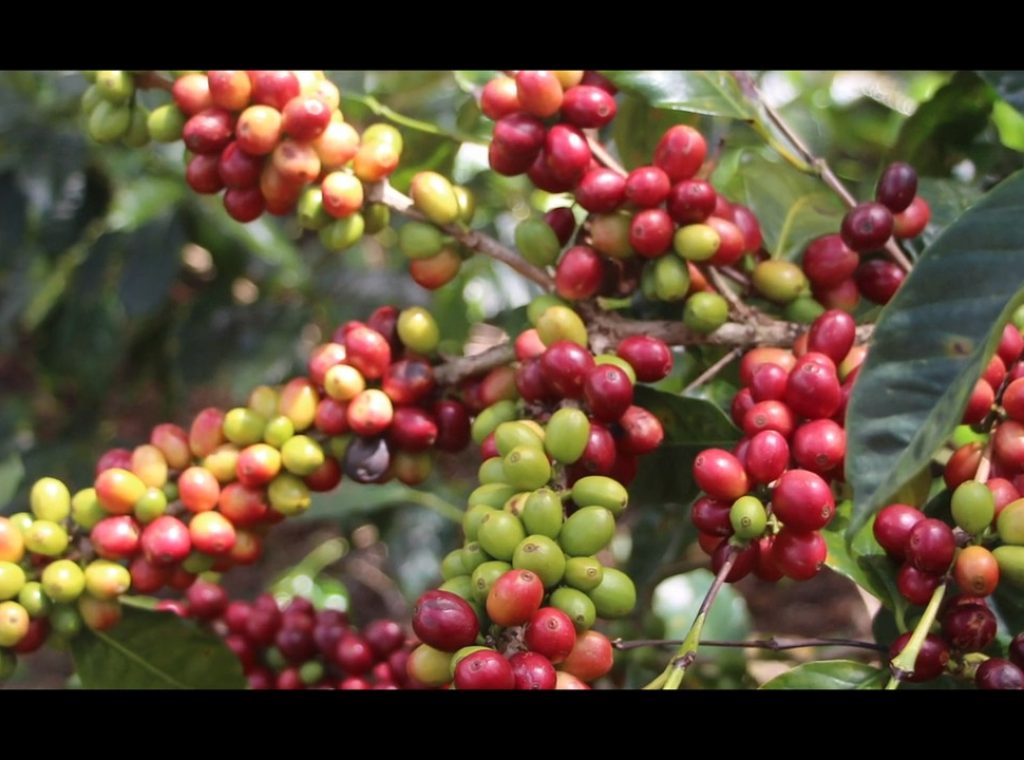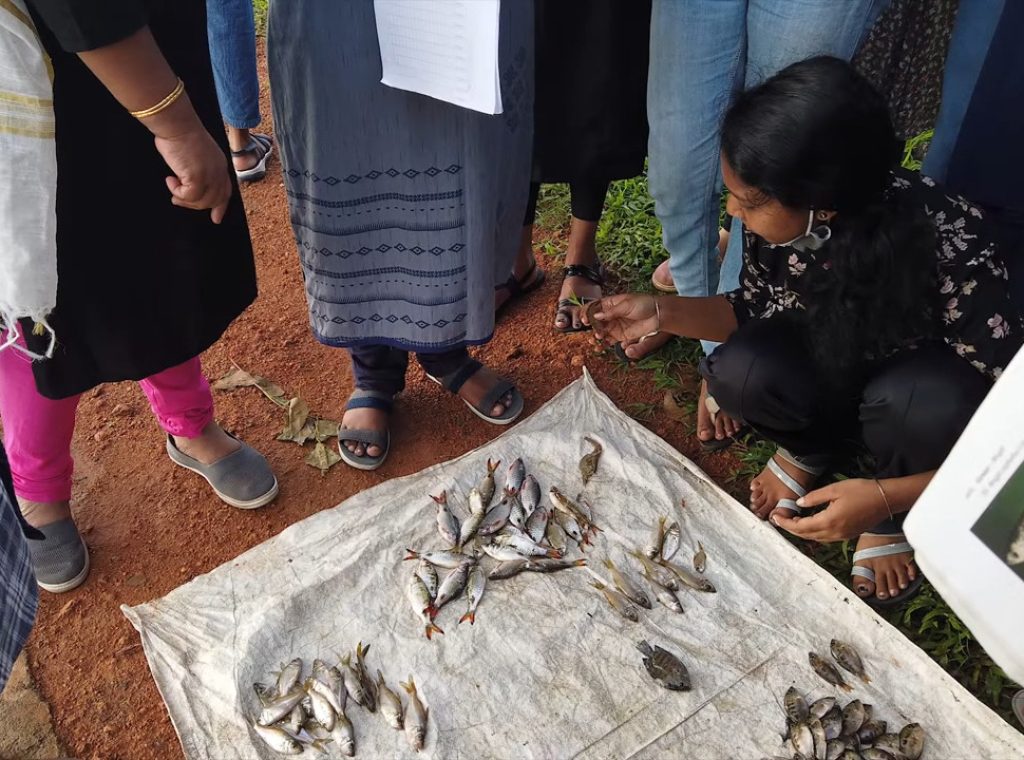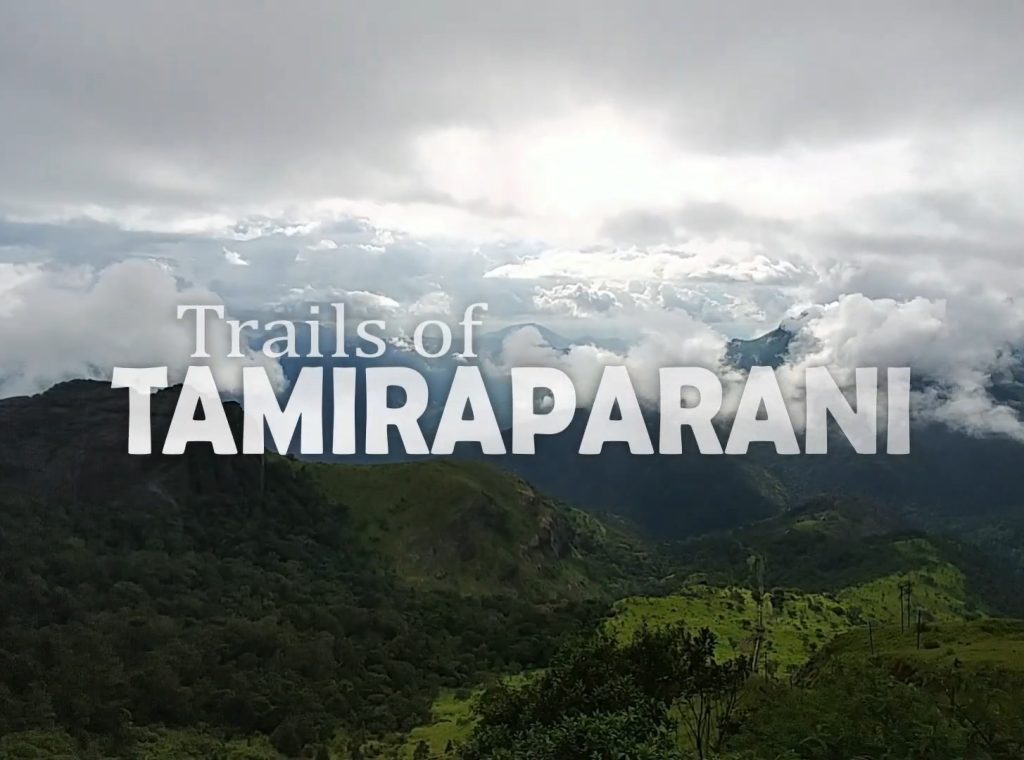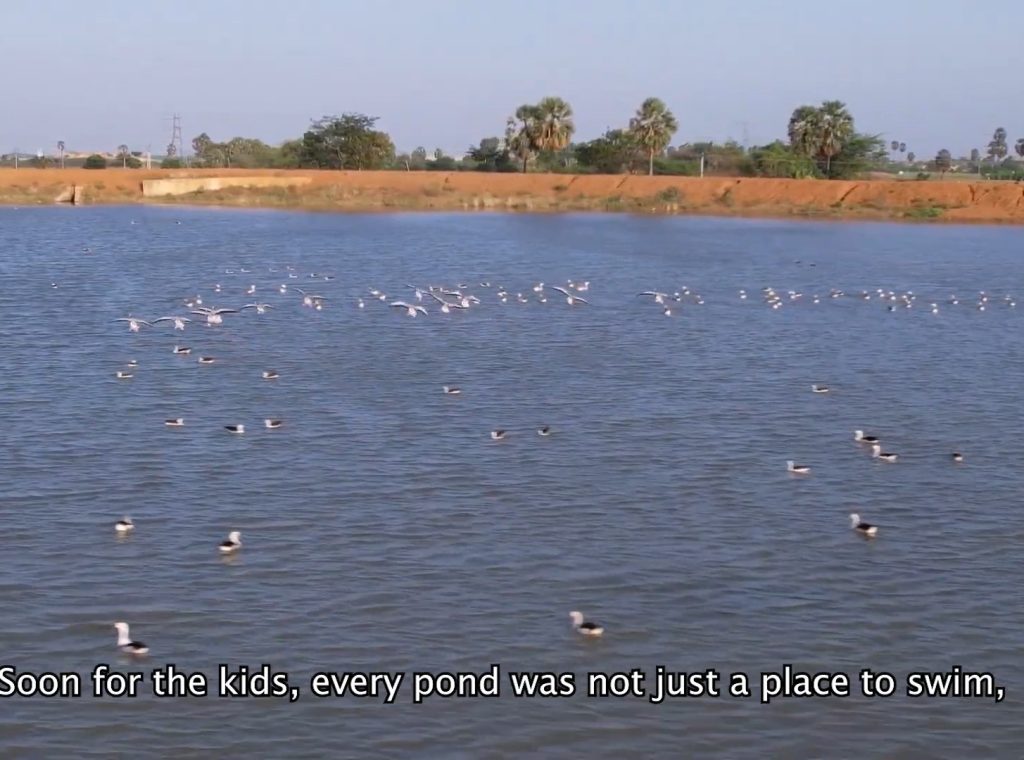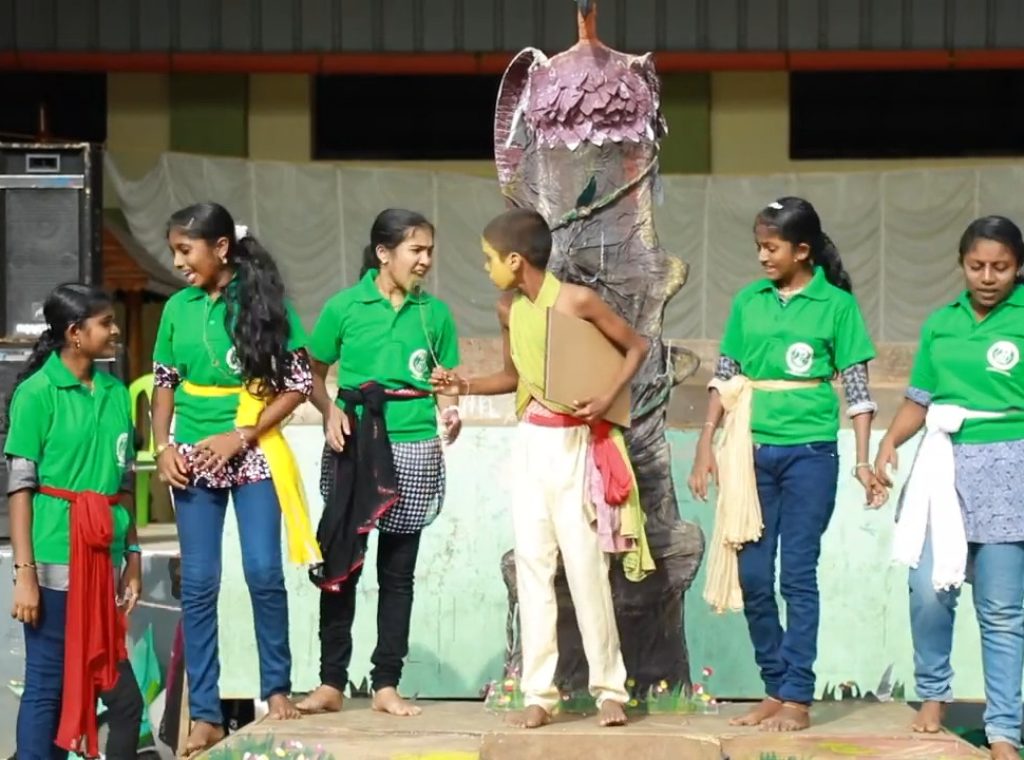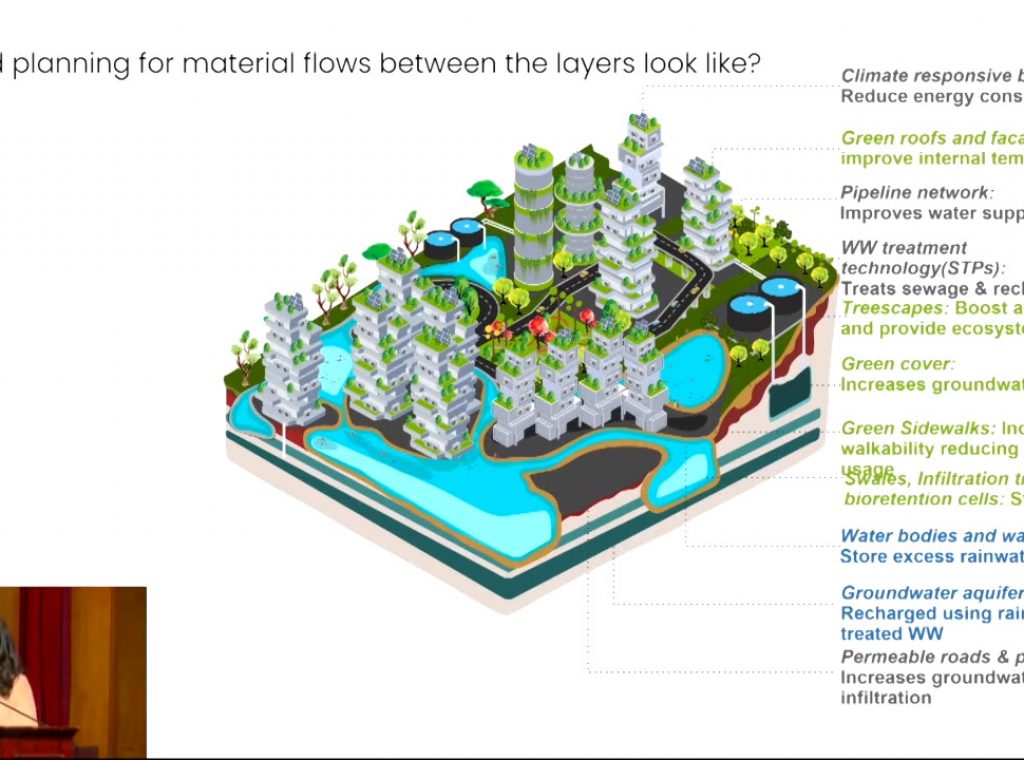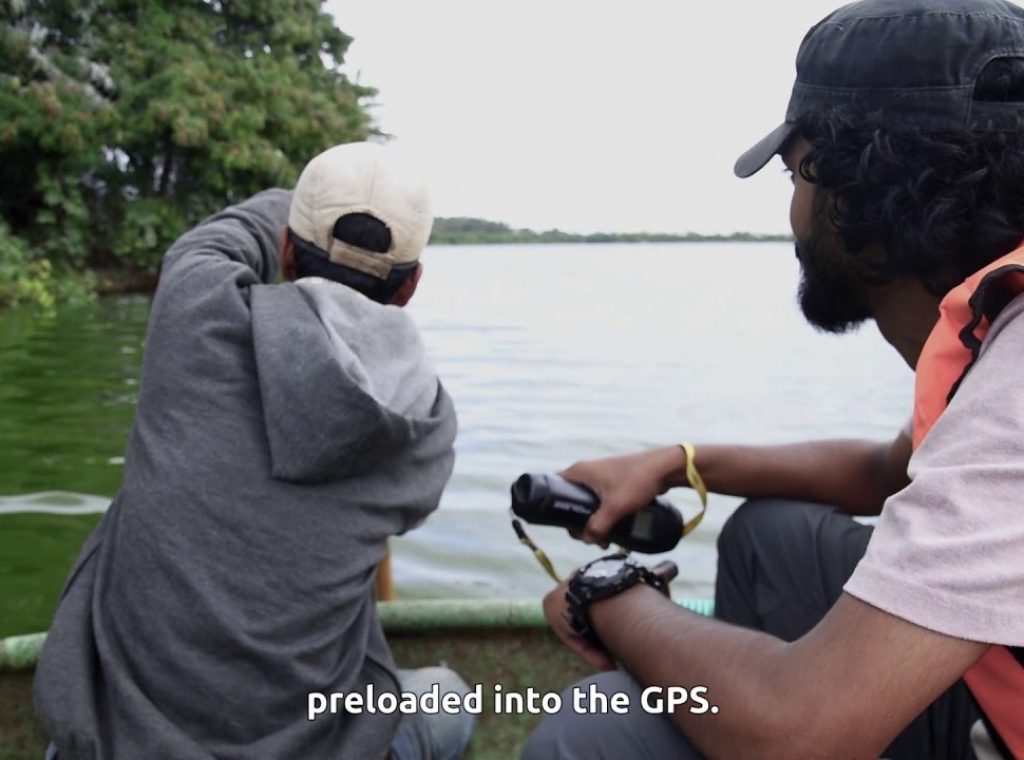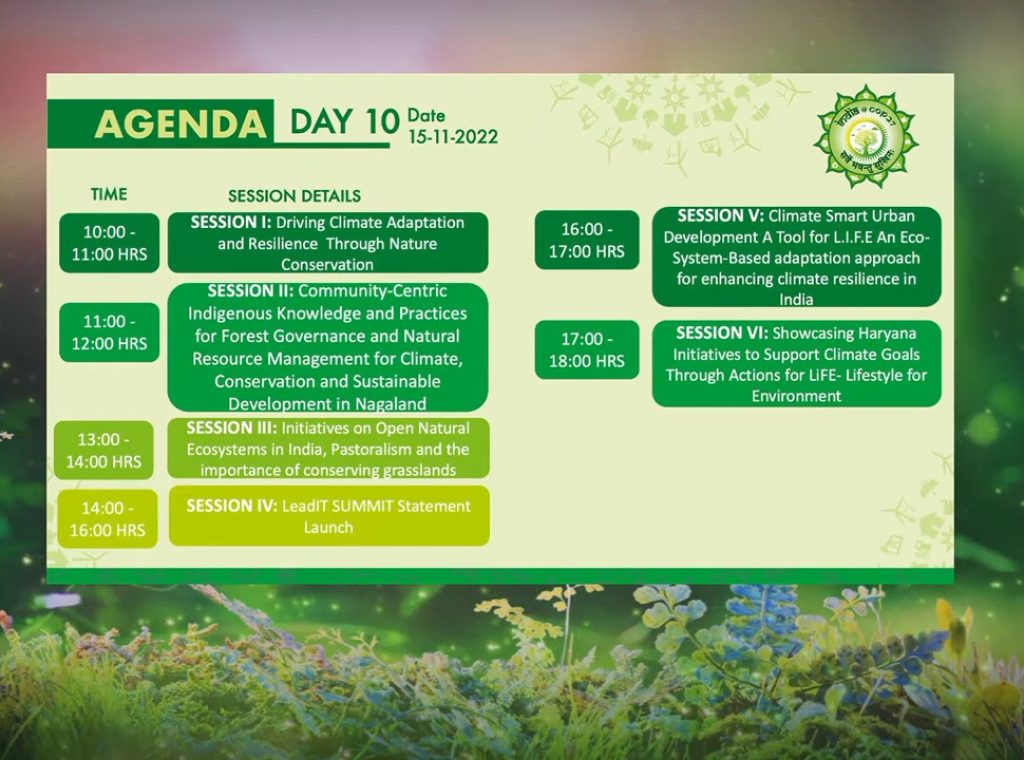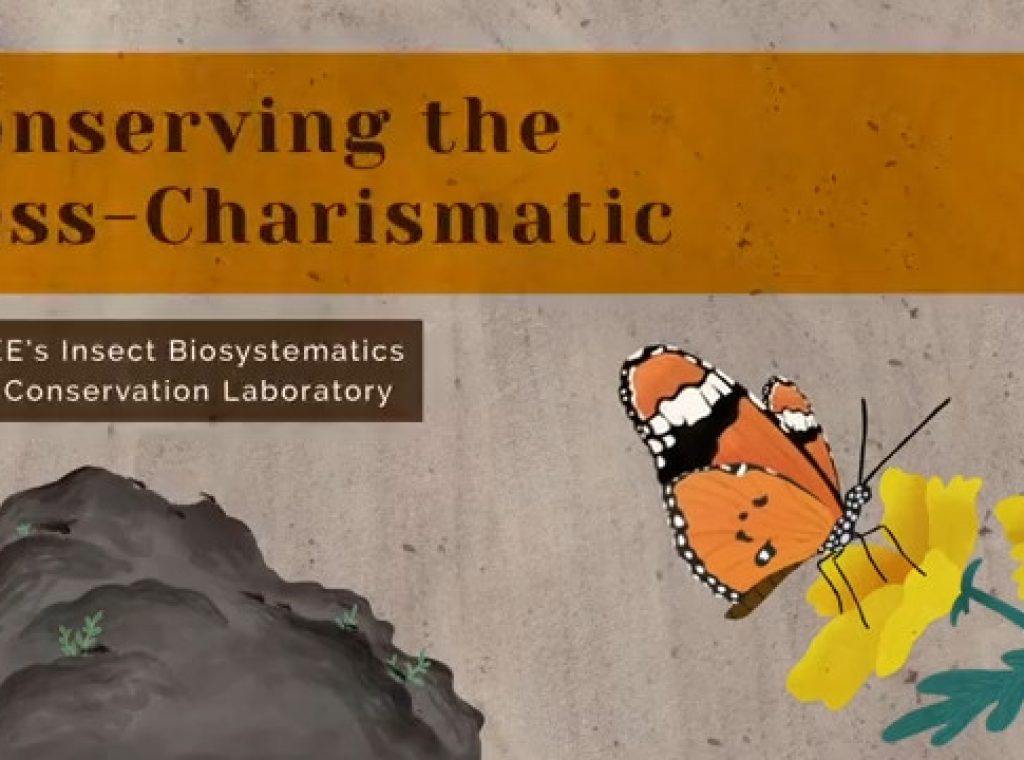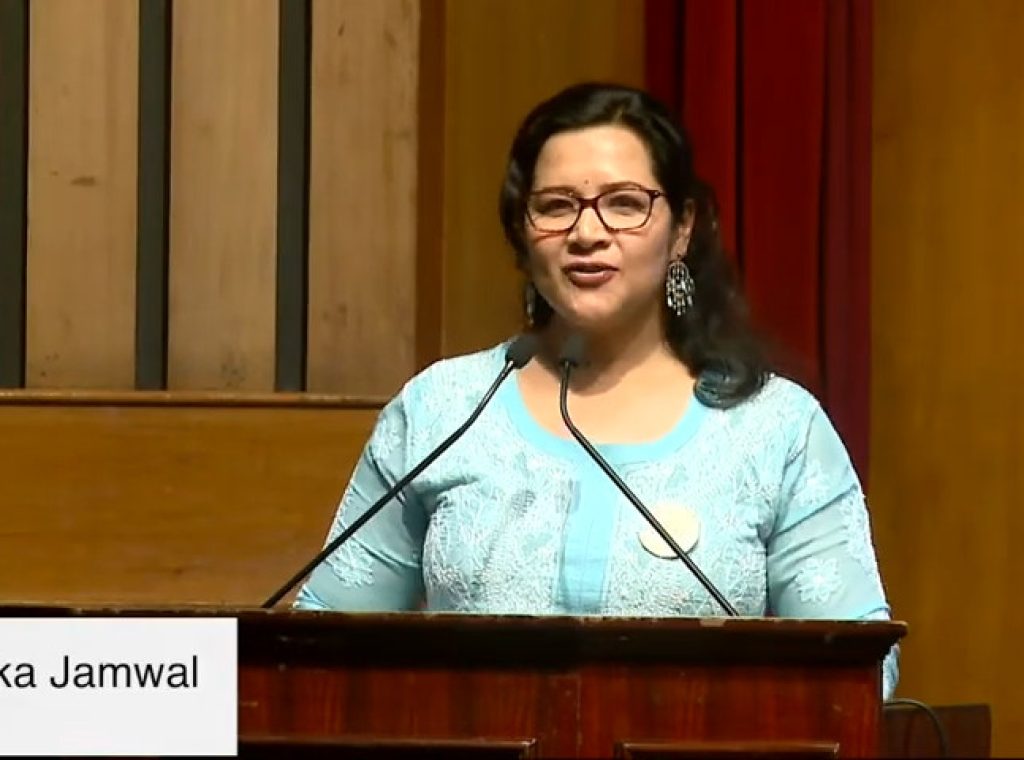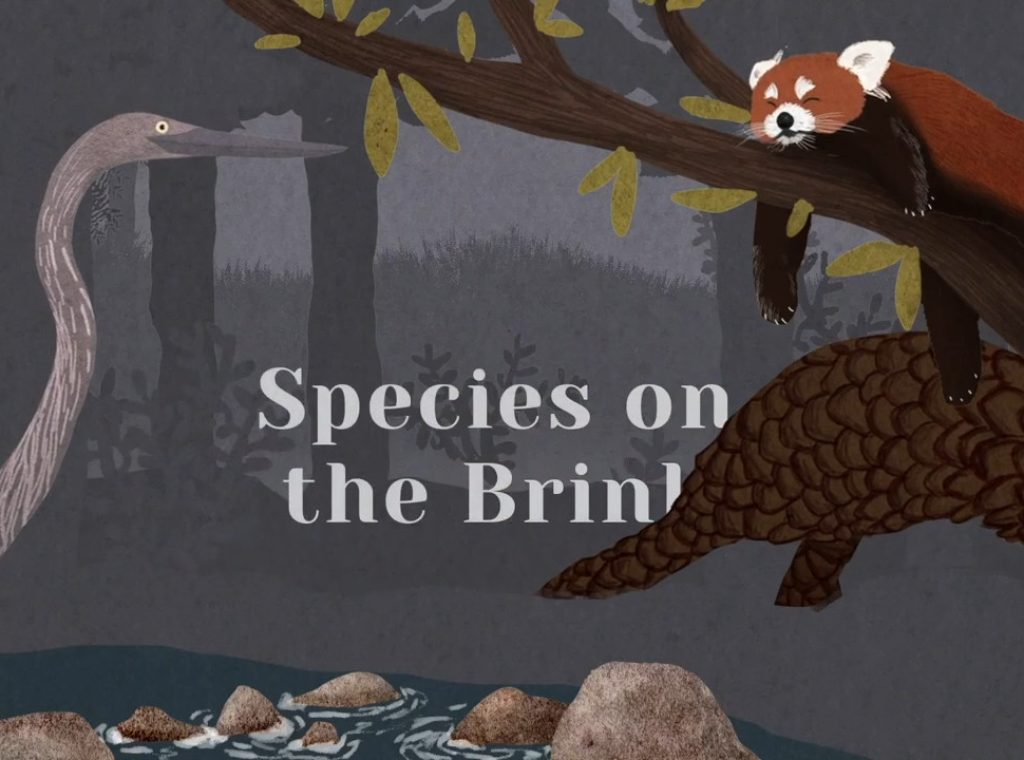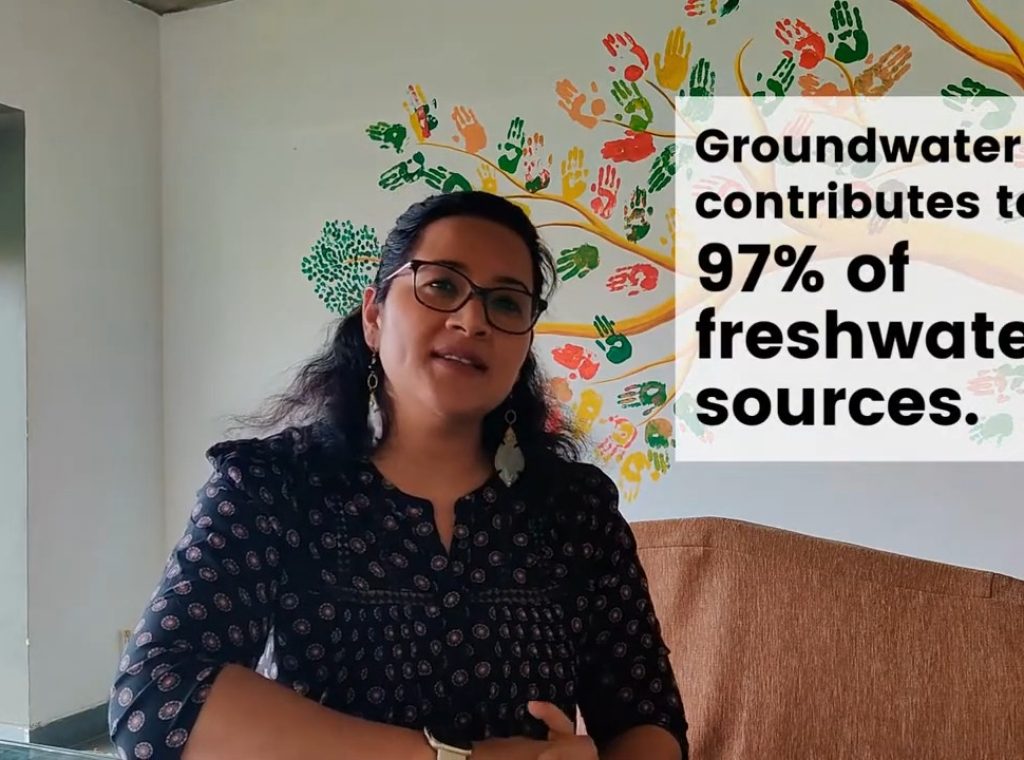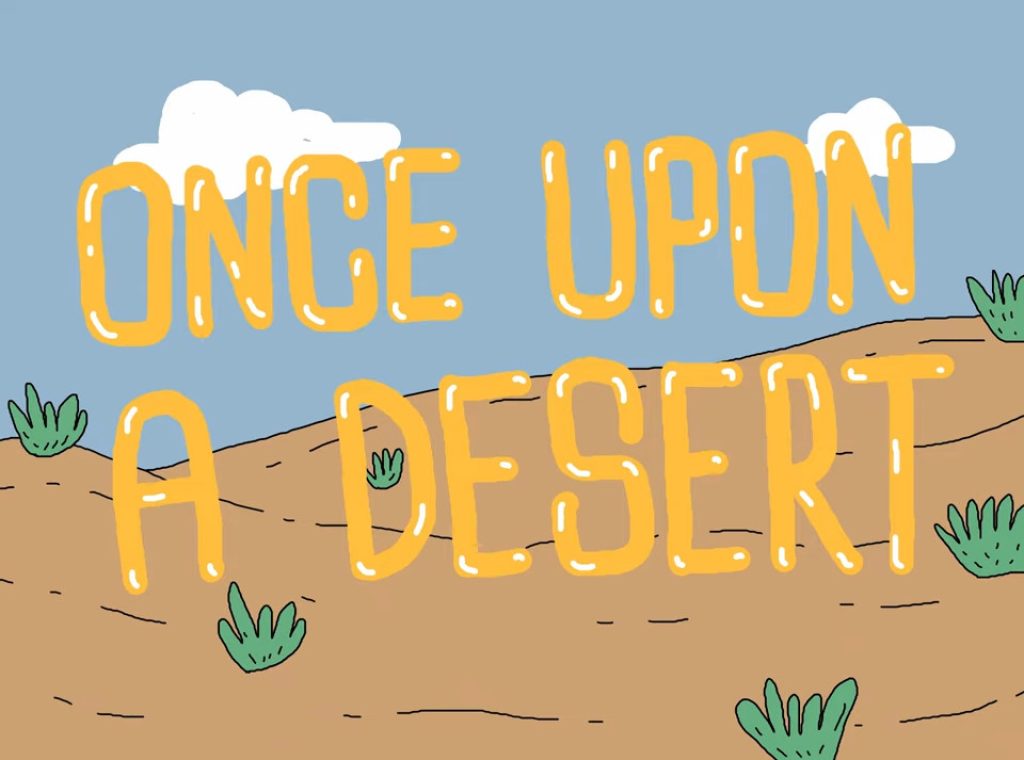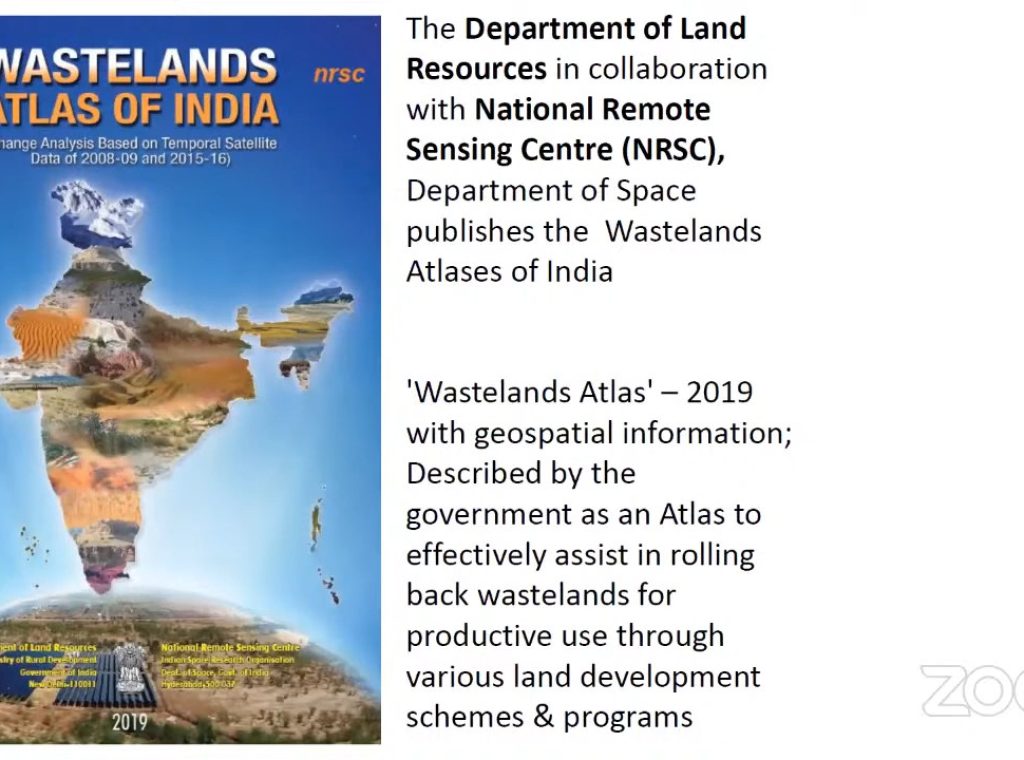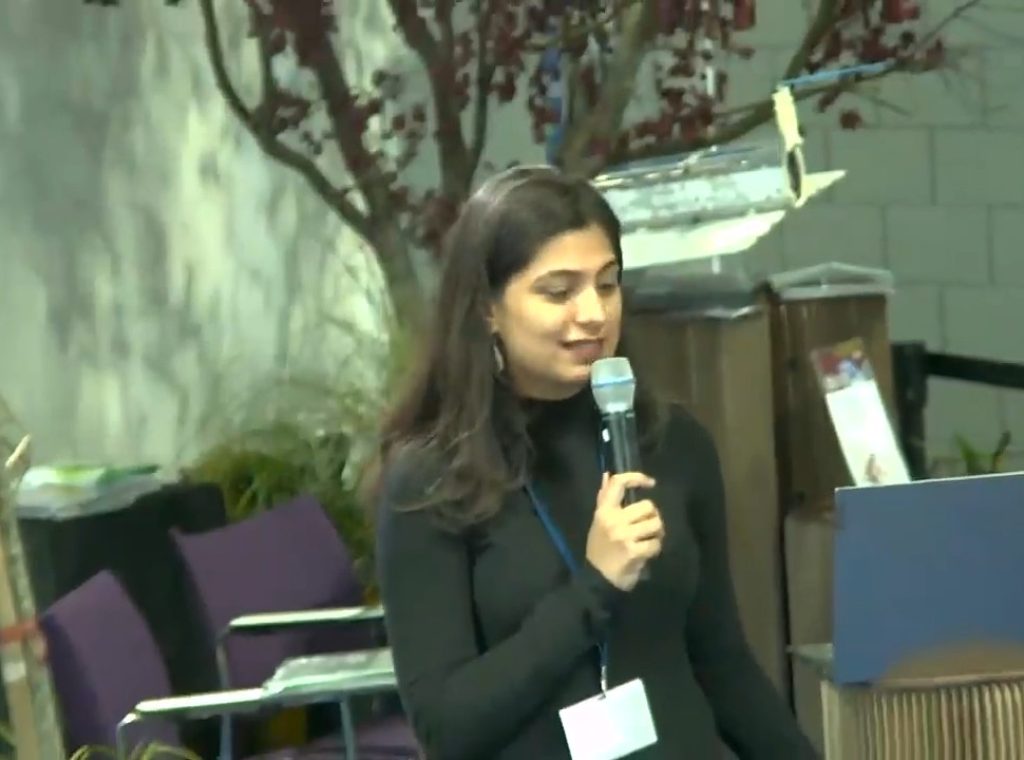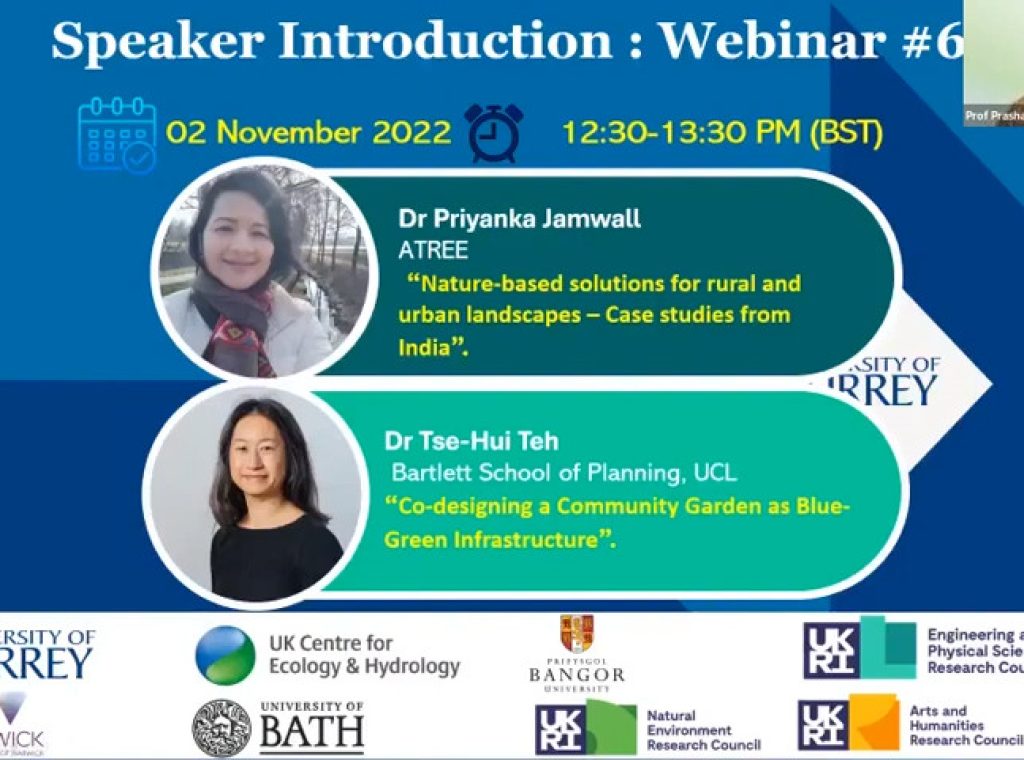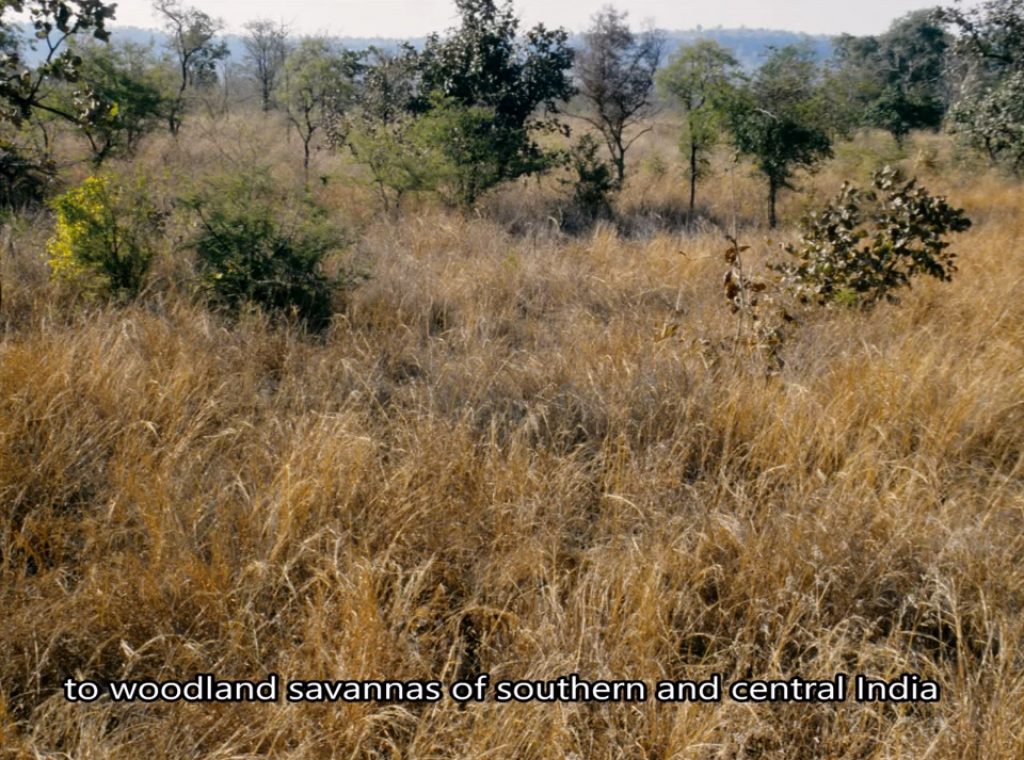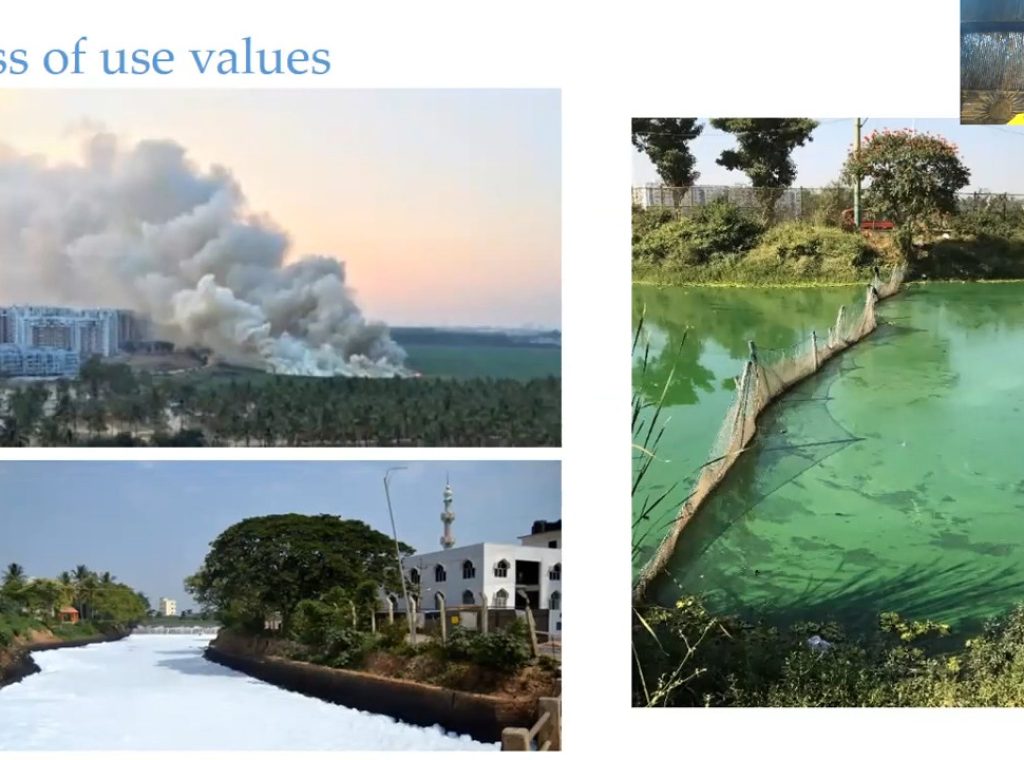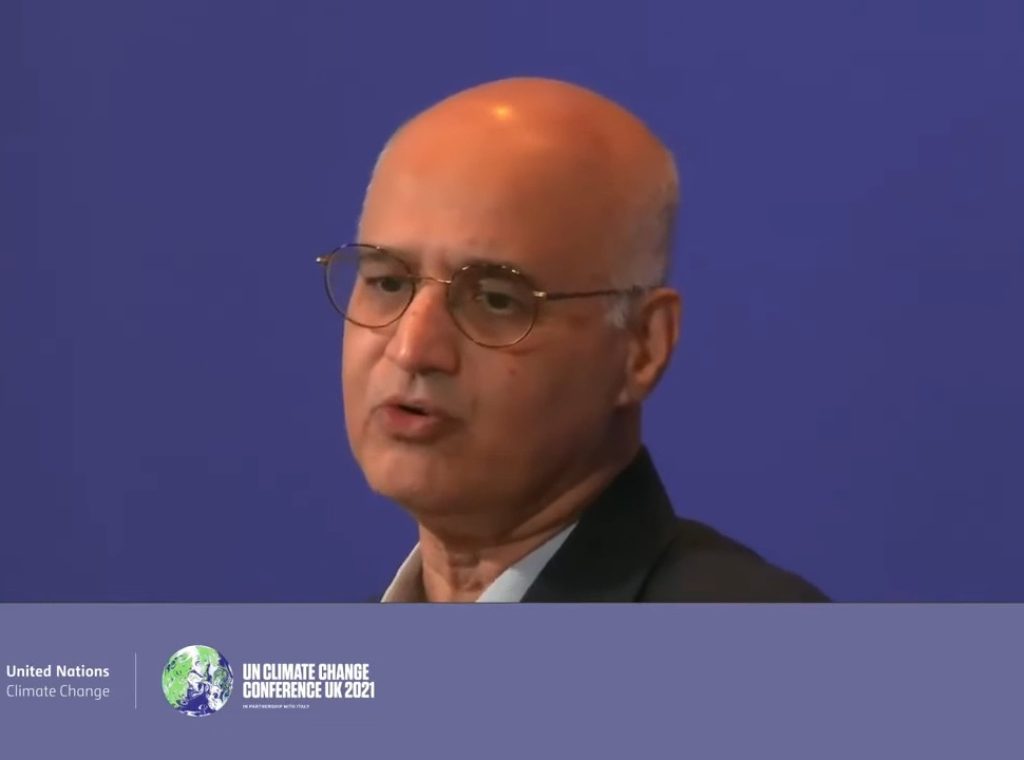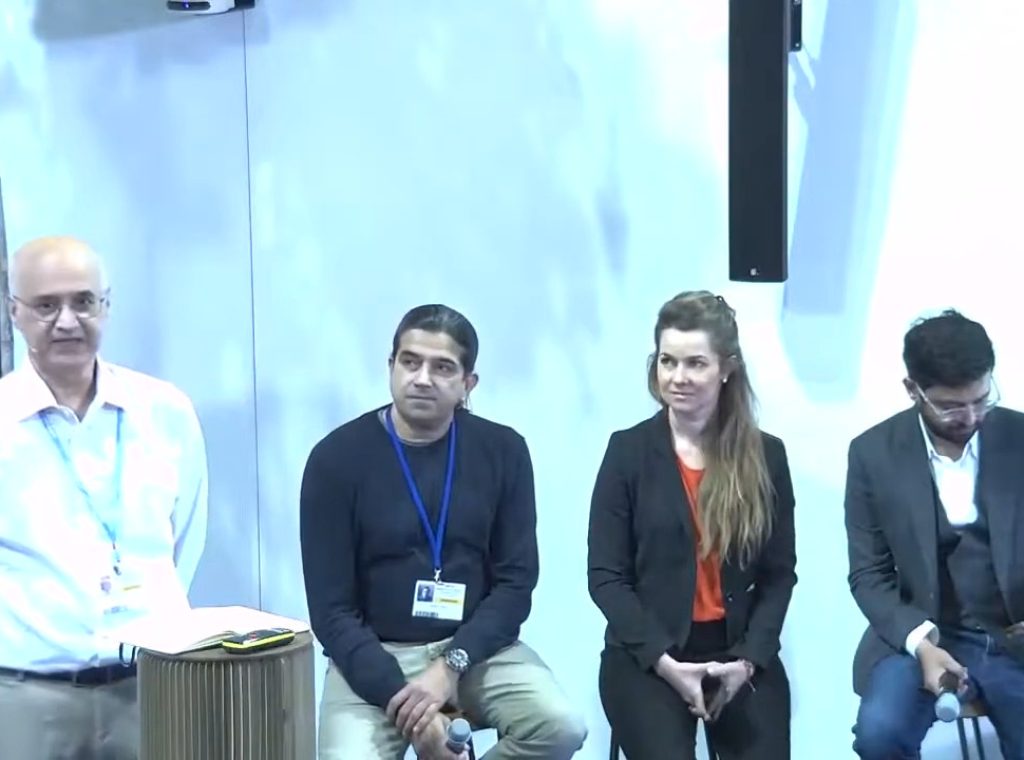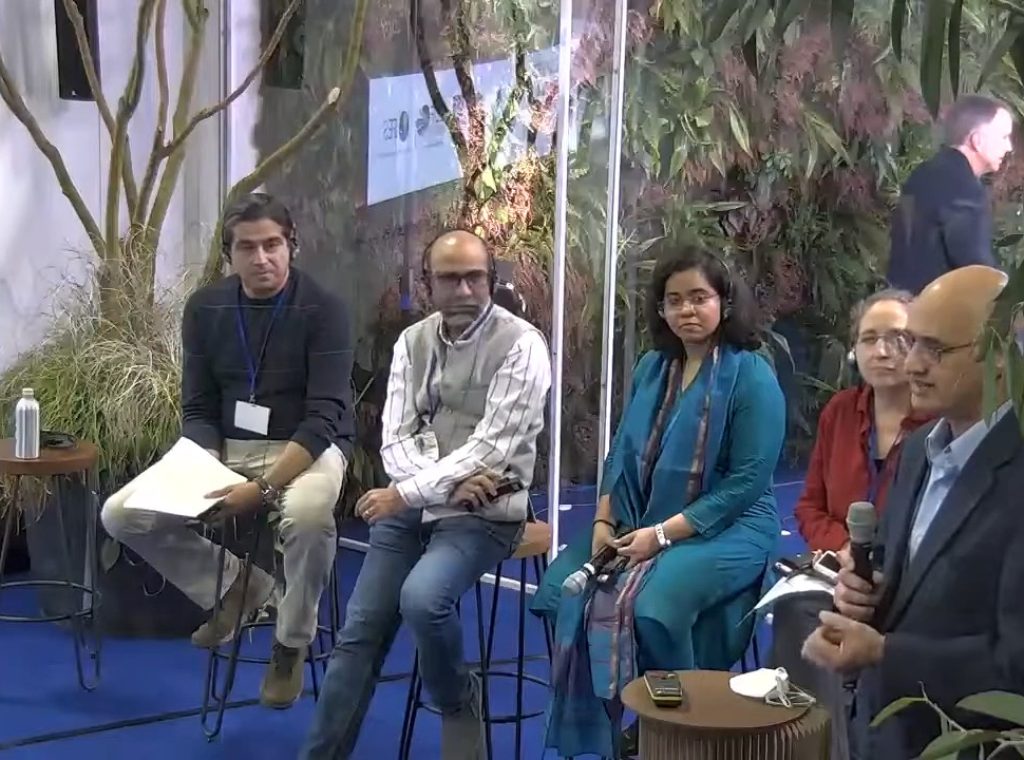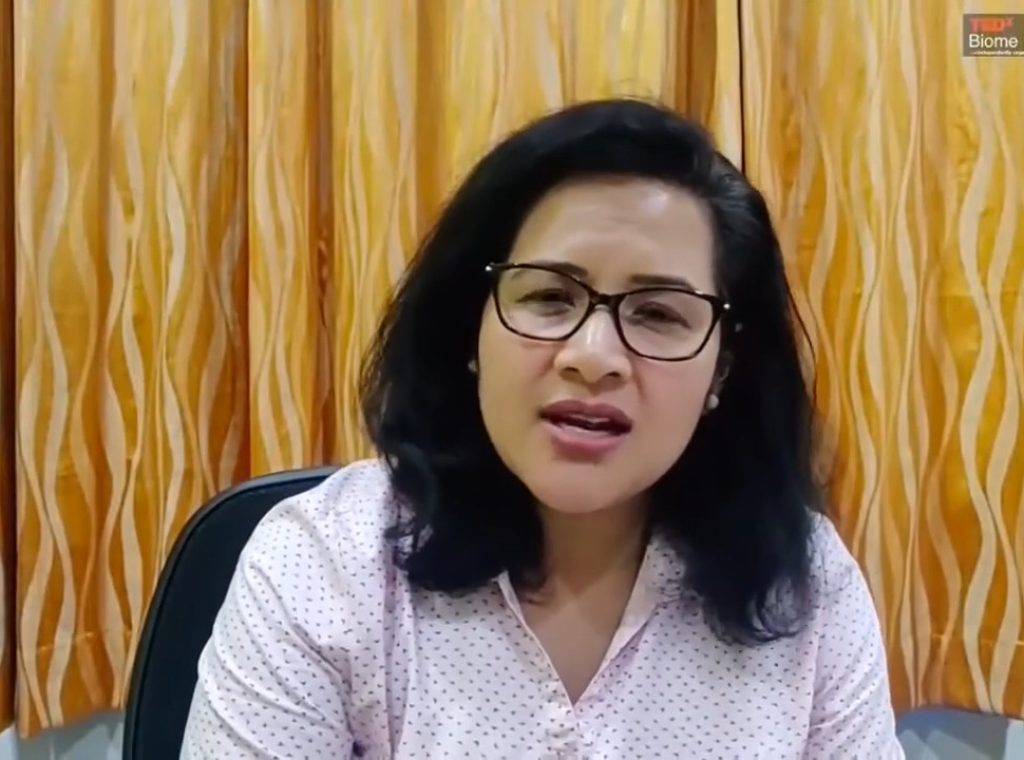Saloni is deeply committed to advancing global sustainability efforts by complementing scientific rigour with compassion and empathy. Her work straddles research, practice, and policy. She co-leads a cross-institutional project called GRAZIER (Greater Resilience in Arid Zones through Exchange and Research) that examines the intersections between rangeland conservation, pastoralist wellbeing, and epistemic justice in Ladakh. She also serves as co-chair for CONNECT (Conviviality Network for Nature, Environment, and Communities Together) — a group that studies human-wildlife interactions, at ATREE.
Her interests are diverse, encompassing the psycho-social and gendered dimensions of multispecies interactions, human-wildlife coexistence through biocultural approaches, the integration of equity and justice into conservation decision-making, as well as ‘meta’ research on conservation. For her PhD, Saloni investigated the relationships between people, and snow leopards and wolves in Ladakh.
She is recognised as a PhD Guide and an Adjunct Faculty at the Manipal Academy of Higher Education, is also a certified mentor. She currently serves on the Board of the Society for Conservation Biology’s Social Science Working Group. Additionally, she is a member of the Methods Expert Group at Eklipse (EU) and the International Association for the Study of Commons. Saloni takes pride in blending academic research with practical insights to inspire positive change in conservation and sustainability efforts across the globe.
Saloni teaches and coordinates several core and elective courses. She also actively mentors MSc and PhD students.
Number of MSc students supervising/supervised: 8
Number of PhD students: 1
Conservation Issues and Concerns (Core course for MSc Students, 1st Semester)
Co-designed and co-taught with Sharadchandra Lele and Siddhartha Krishnan
Course coordinator in 2024
The course investigates the history, definition, scope, values and ethics underpinning that term, explores its relationship with other environmental concerns, the relationship of environmentalism with other societal goals, and the challenges of effective environmental conservation in democratic societies. At the end of the course, students should be able to describe the different cultural conceptions of what is to be conserved and why, and coherently articulate the challenges to effective and ethical conservation in a democracy.
Sociology (Core course for MSc and PhD students, 1st Semester)
Co-designed and co-taught with Siddhartha Krishnan (with contributions from Kiran Asher)
Course coordinator in 2023
The course trains students to use the sociological imagination to locate their thoughts and actions related to environment and development in the wider political, economic and cultural structures, and those of other environmental stakeholders, in general. In doing so, students get to discuss the stratified nature of traditional (Indian) society, its encounter with modernity, and how class, caste and gender locations condition experience of environmental goods and bads.
Human-Wildlife Interactions in a Rapidly Changing World (Elective for MSc students, 3rd Semester)
Co-designed and co-taught with Asmita Sengupta (with contributions from several Faculty)
The course introduces students to human-wildlife interactions in its many forms and the various facets thereof. Drawing from the natural and the social sciences – both in terms of theory and practice, and through case studies and debates, the course will examine how human-wildlife interactions are shaped across different cultures, contexts and intersectionalities. It will enable students to assess the implications of different kinds of interactions for human lives, animal lives and the ecosystems that we are a part of.
Current engagements
Past engagements


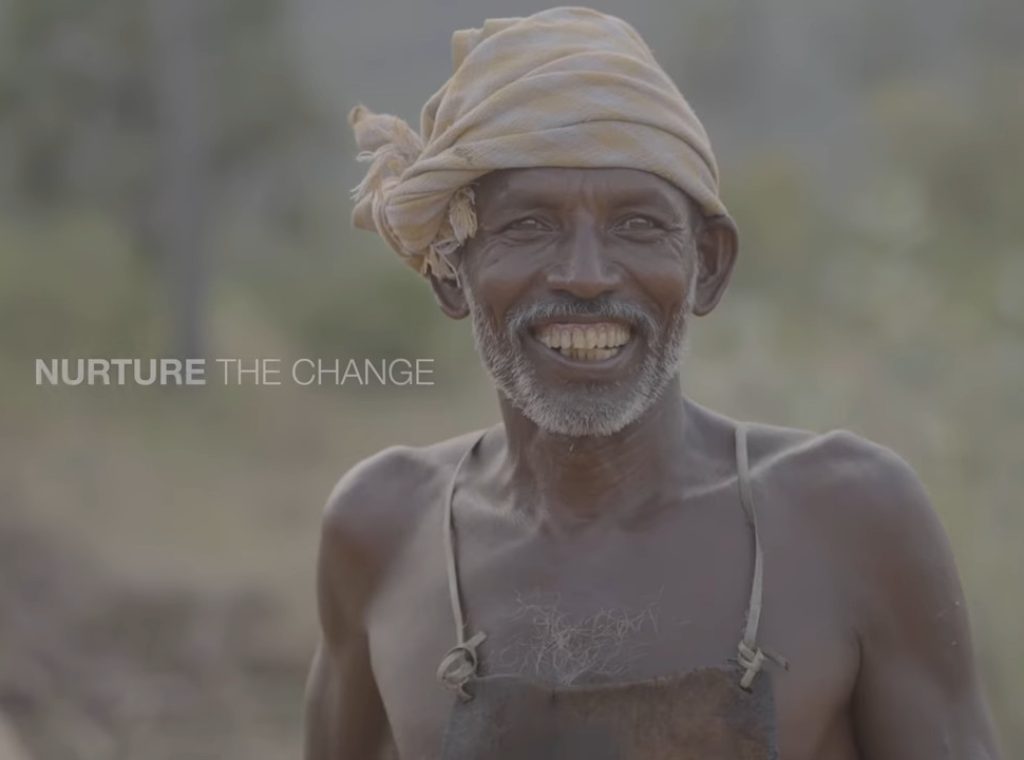

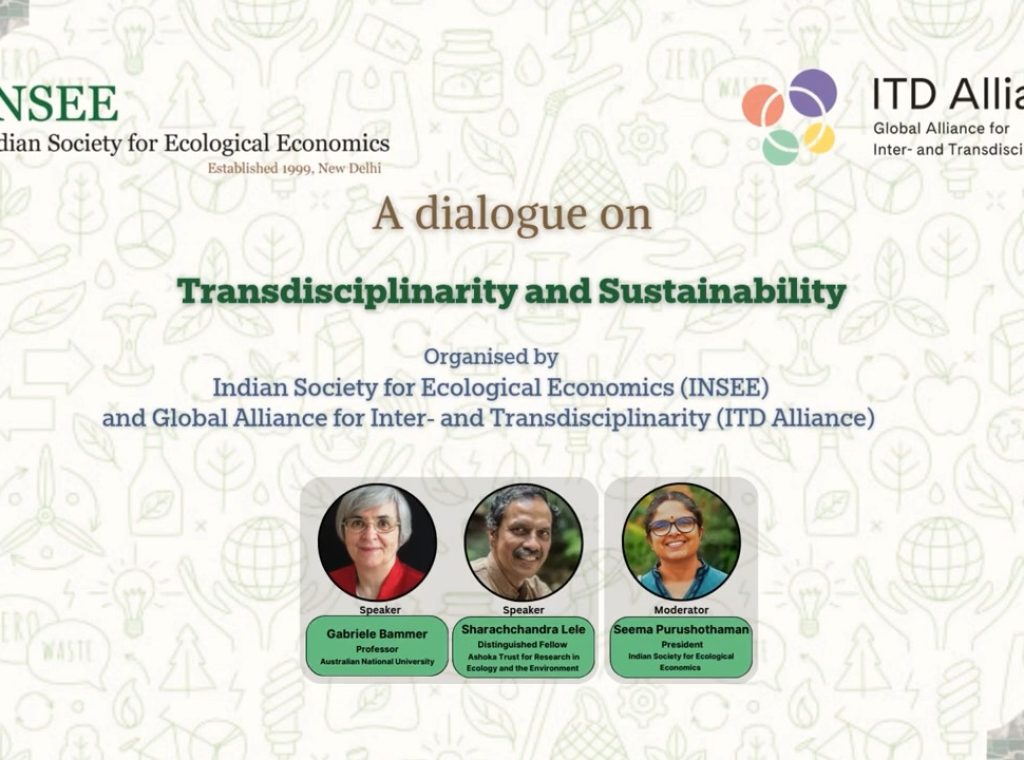

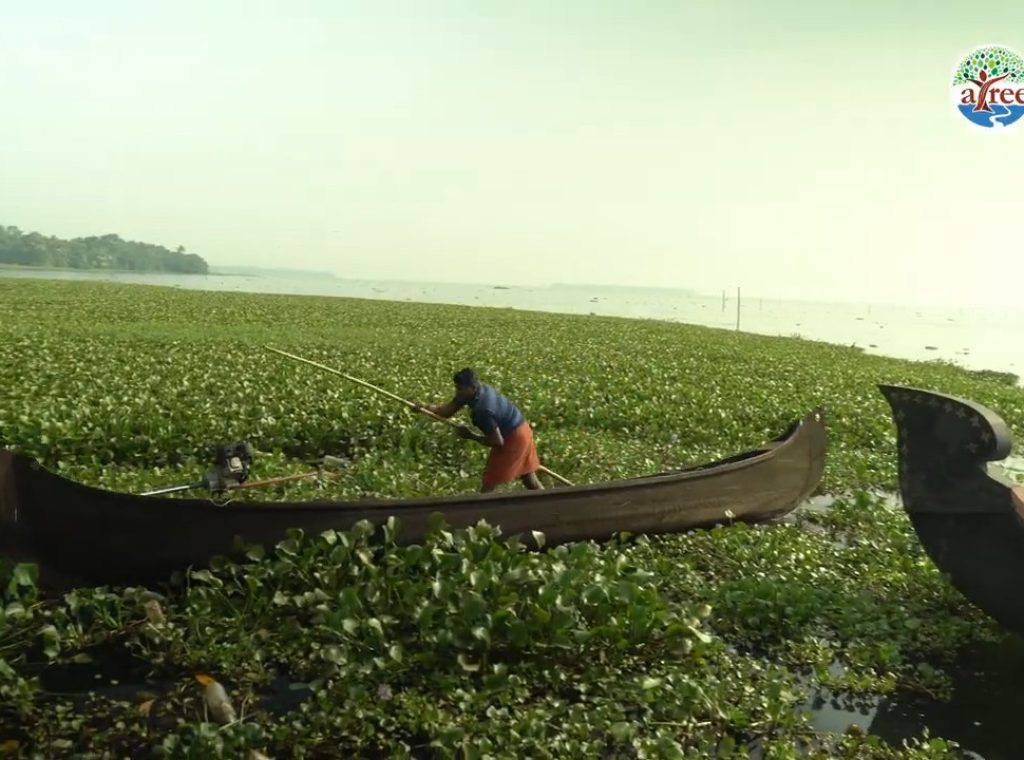

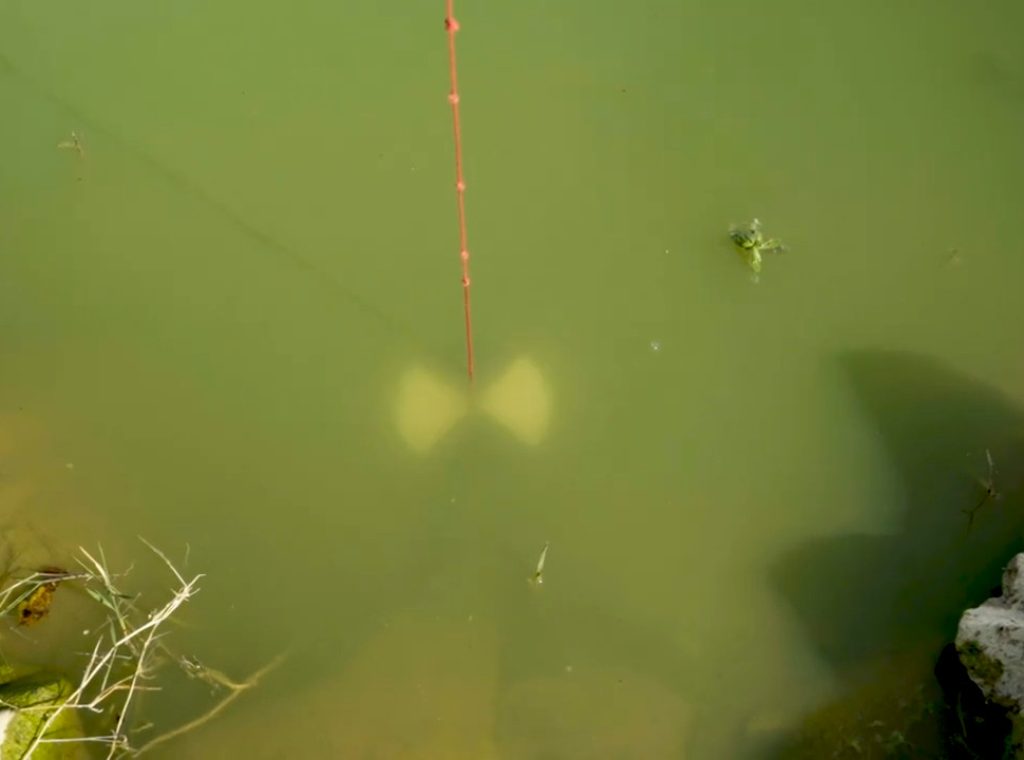

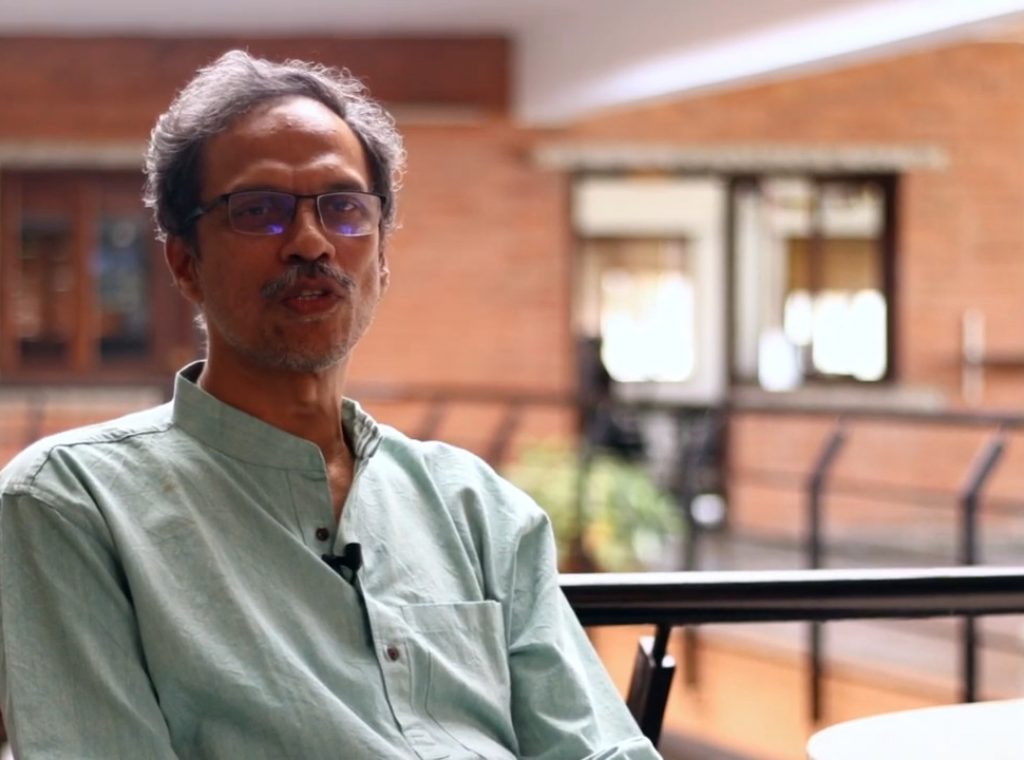

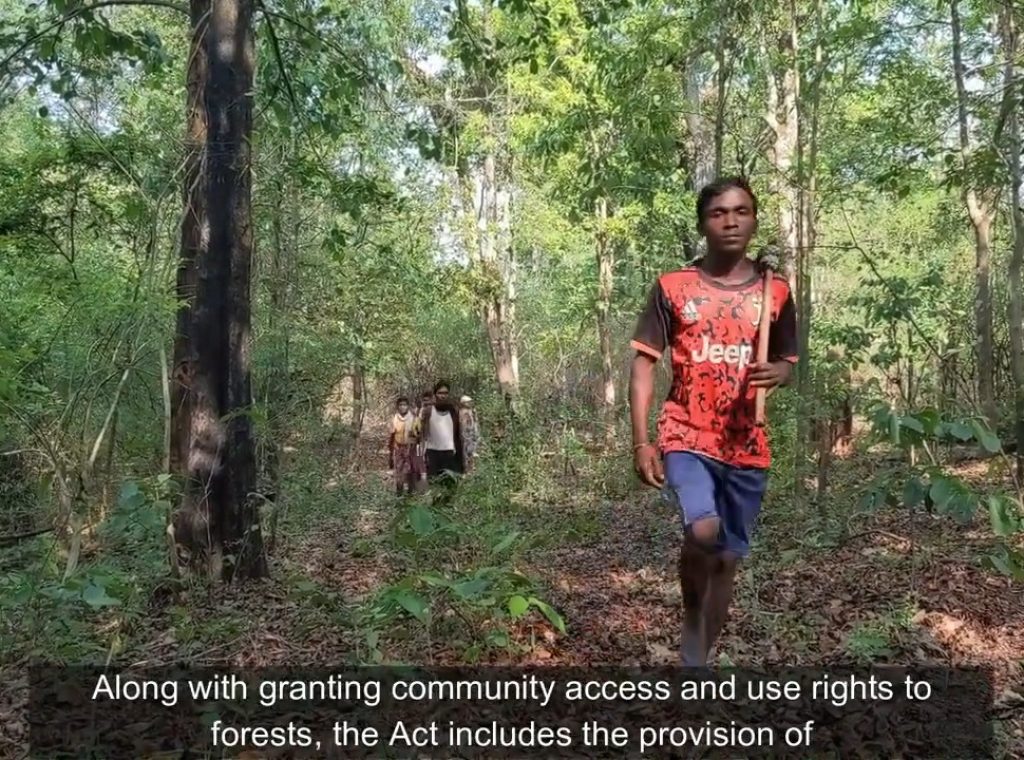

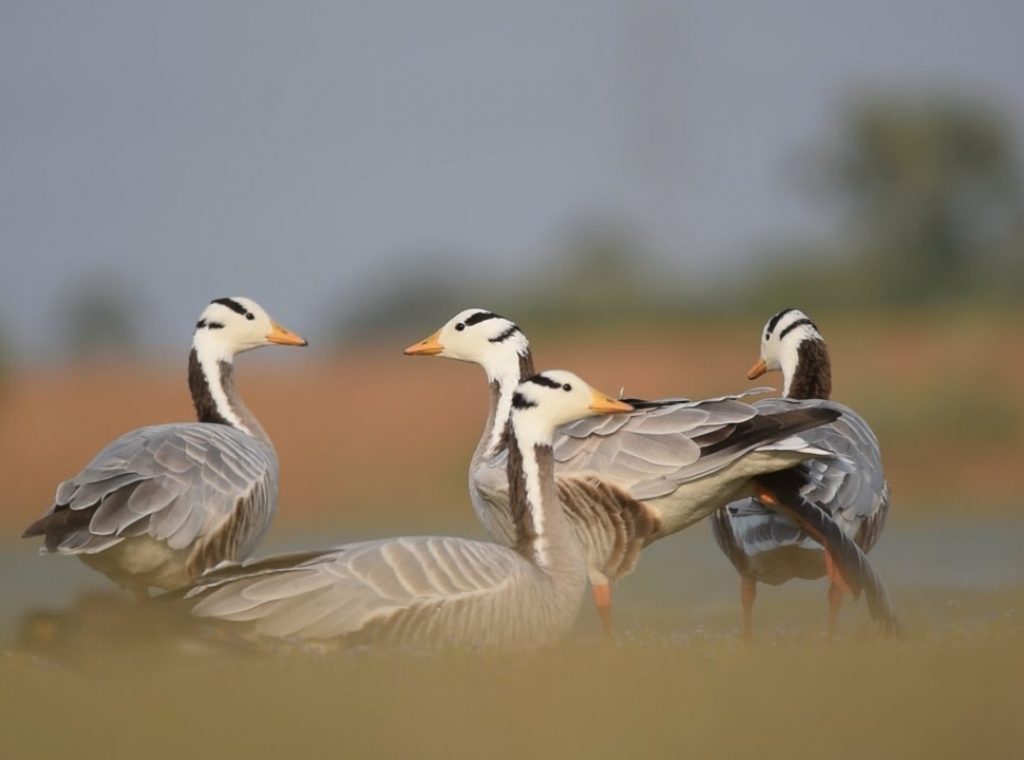

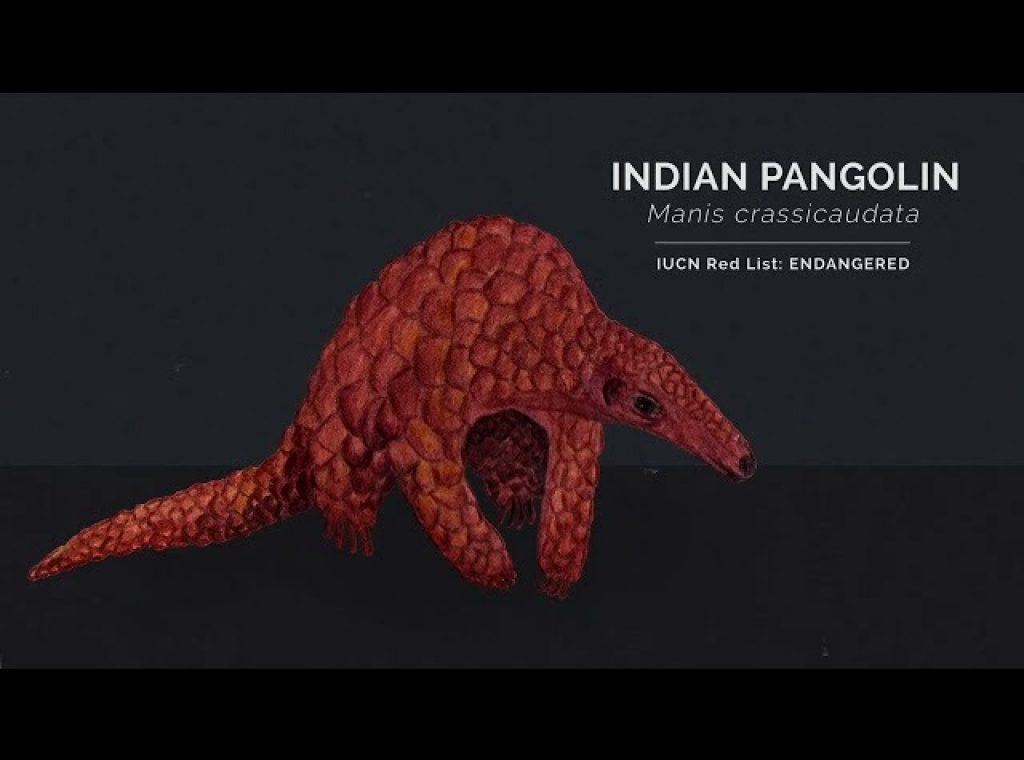

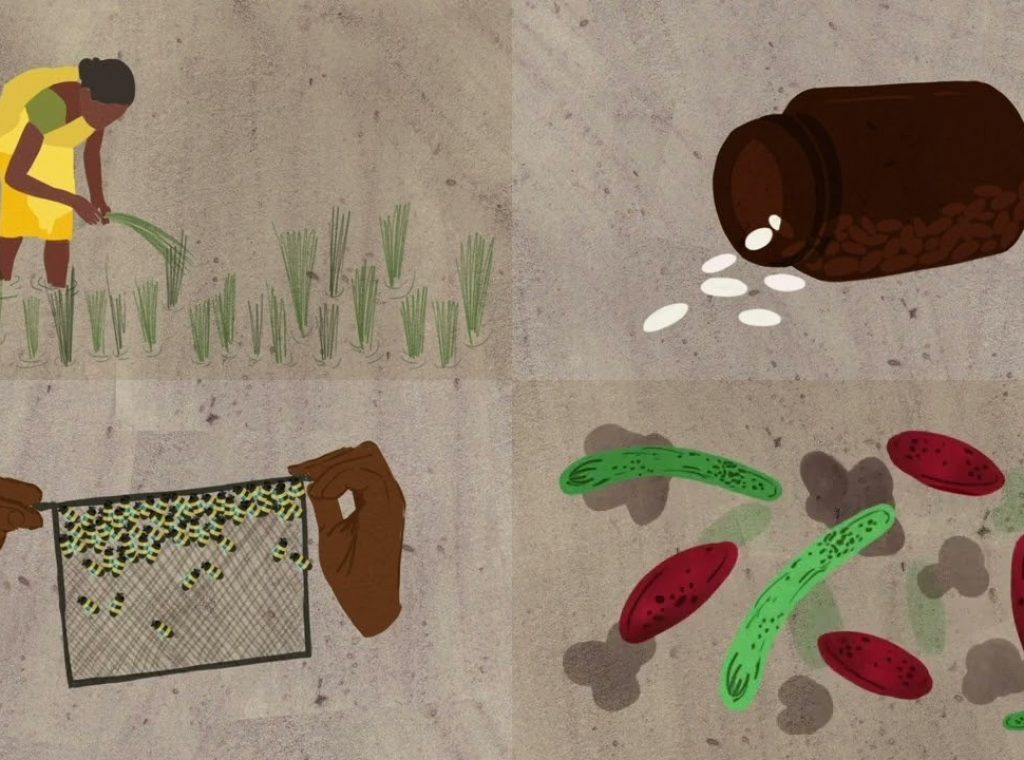



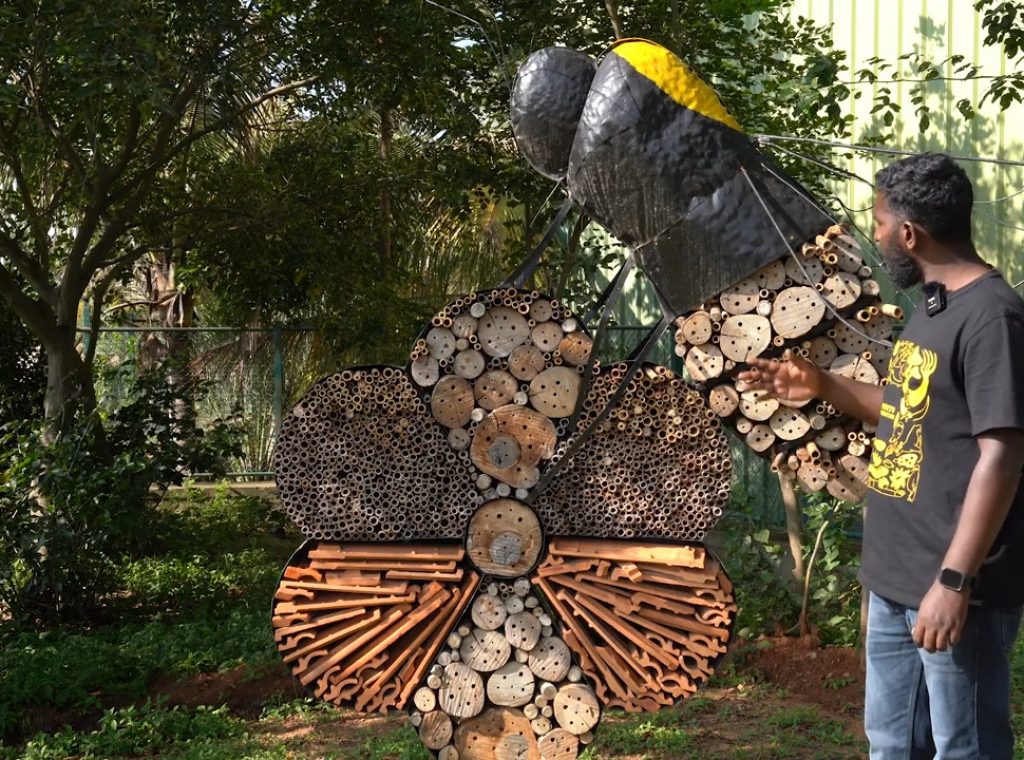



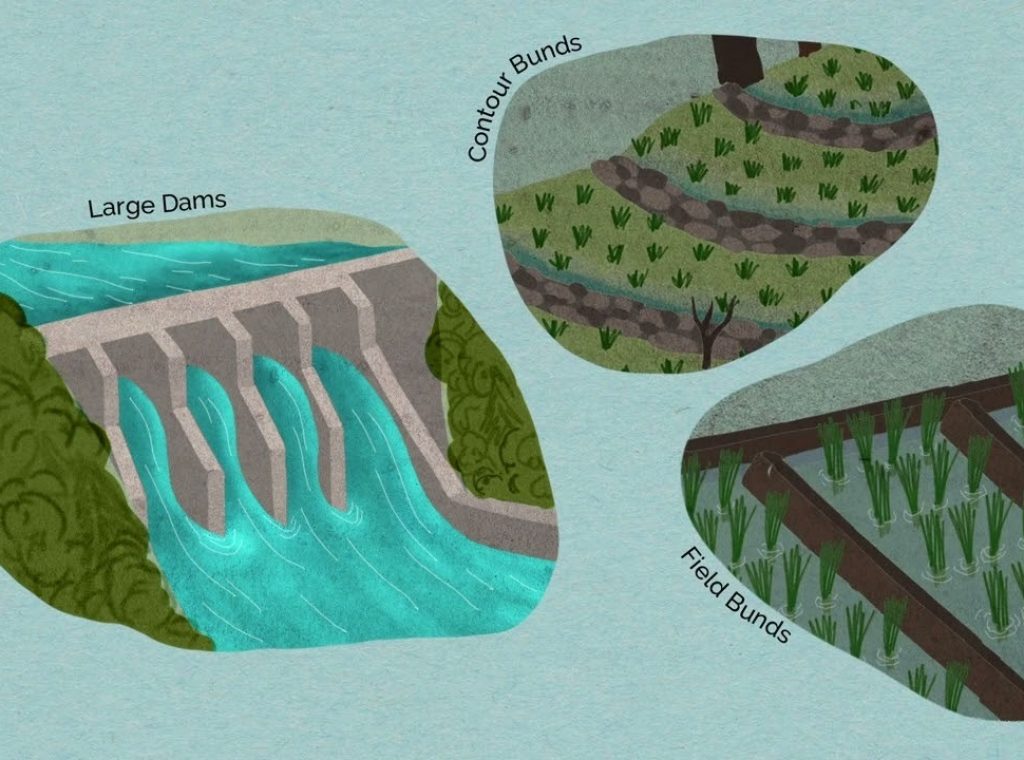

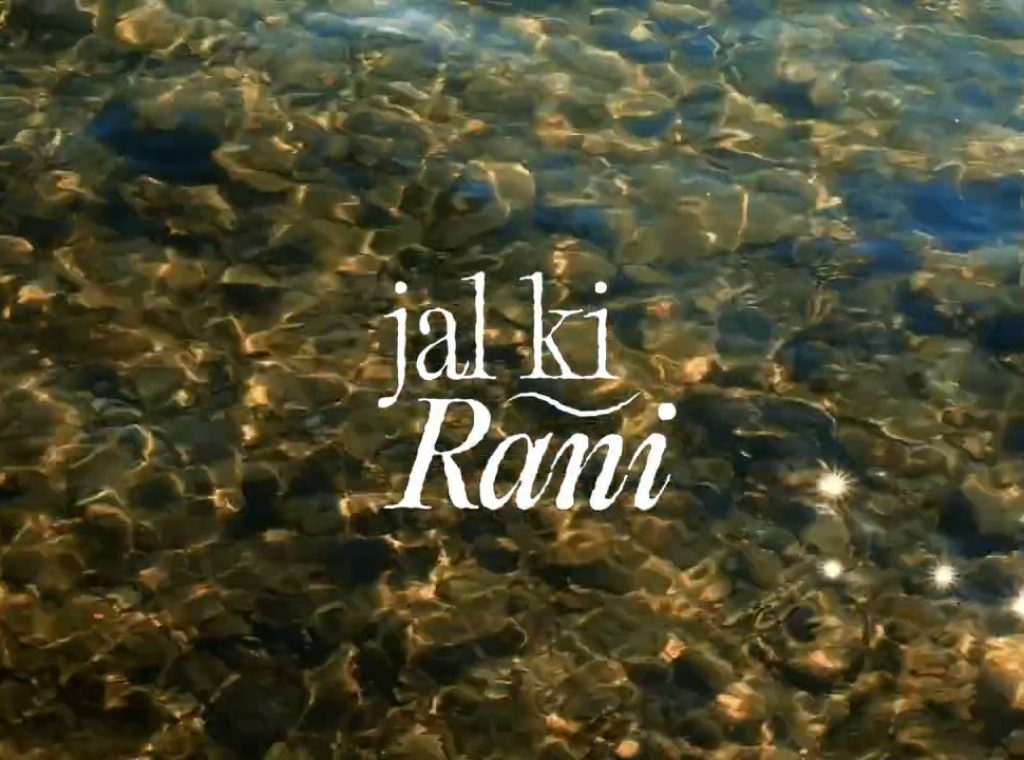

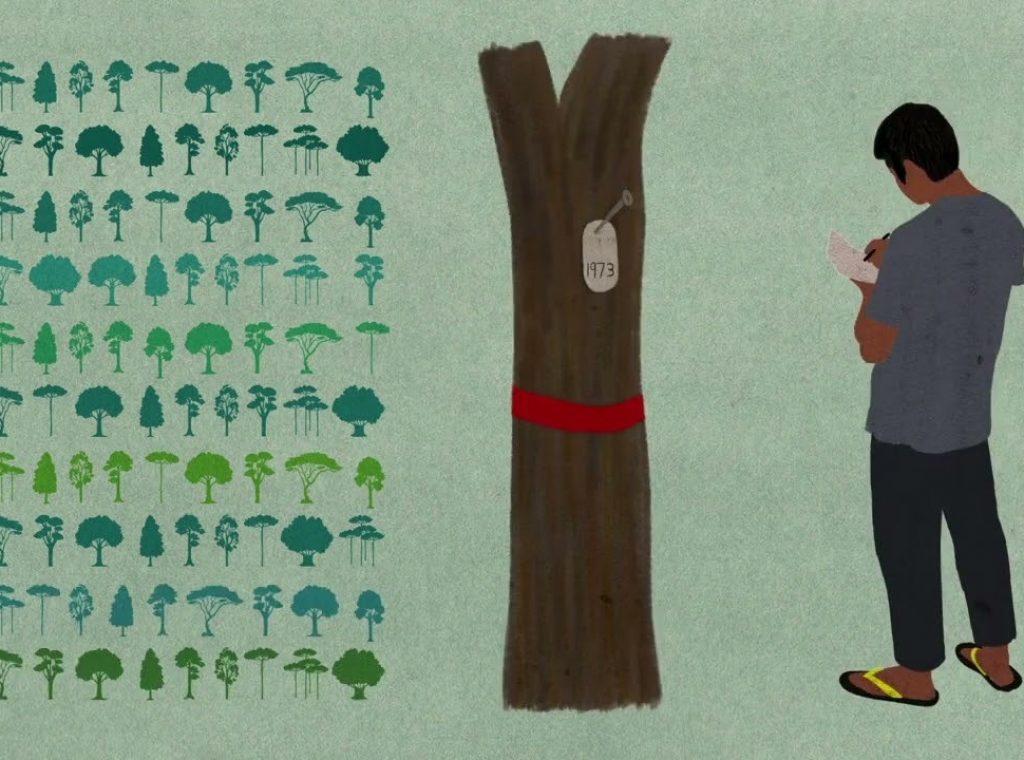

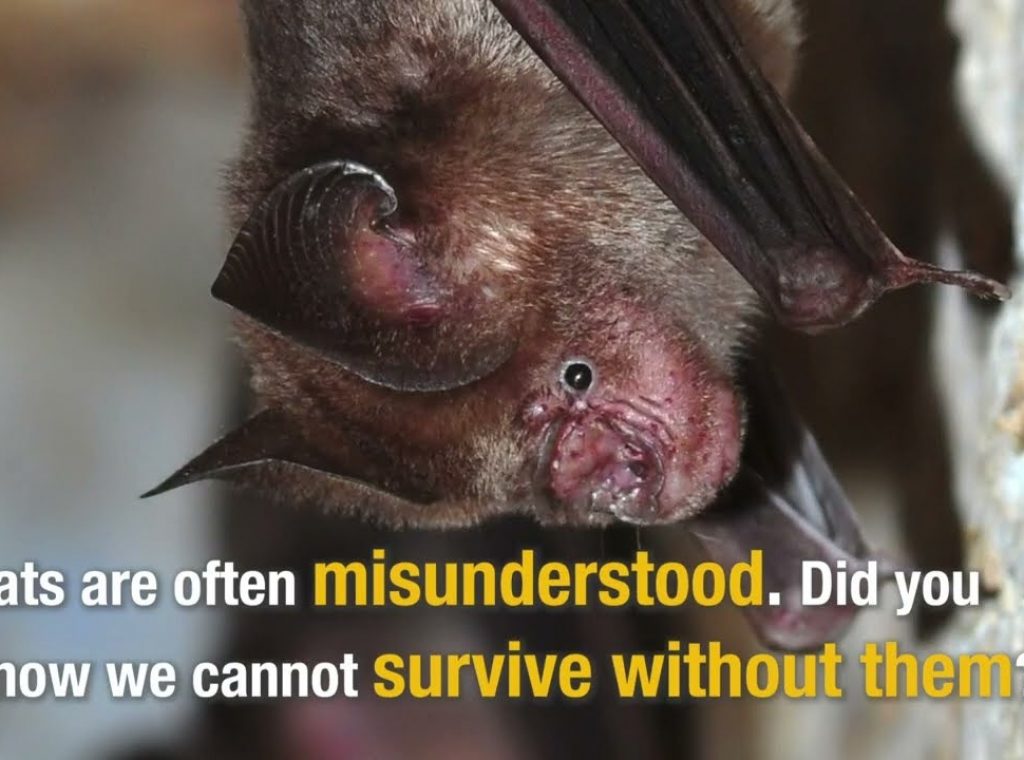

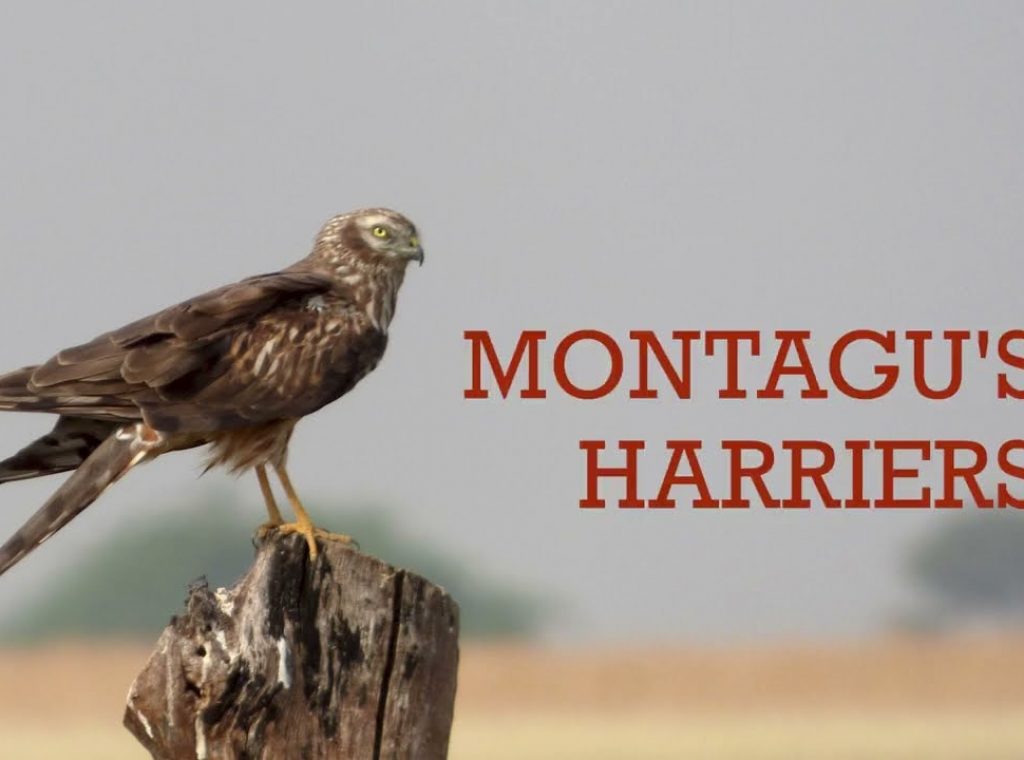

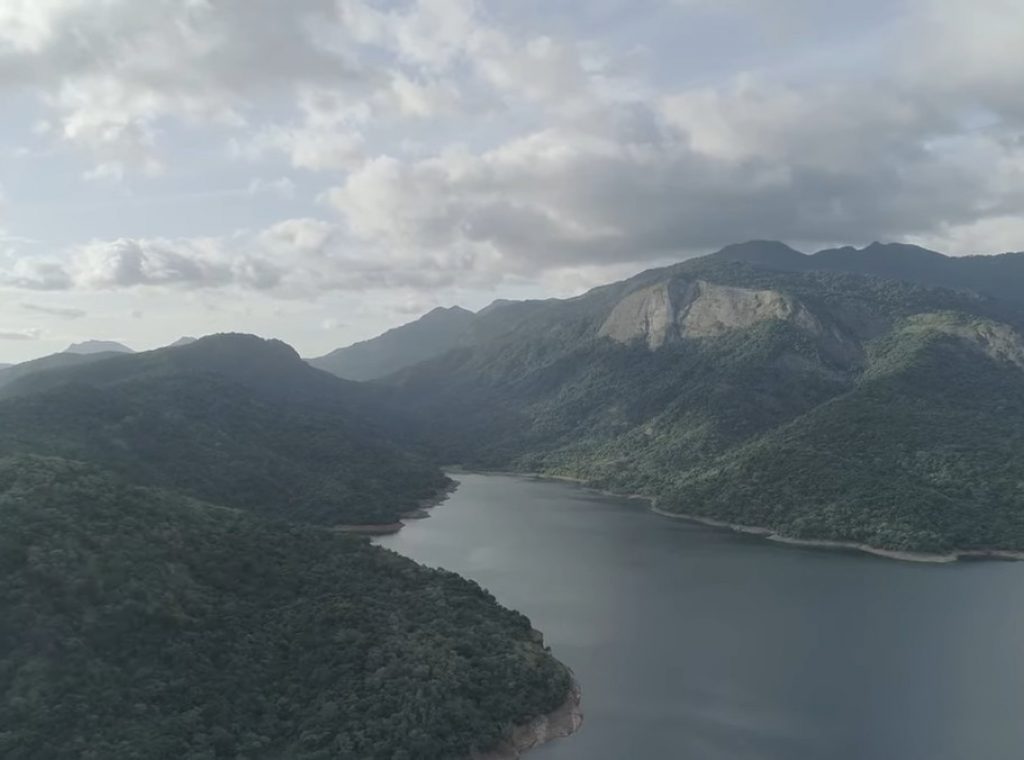

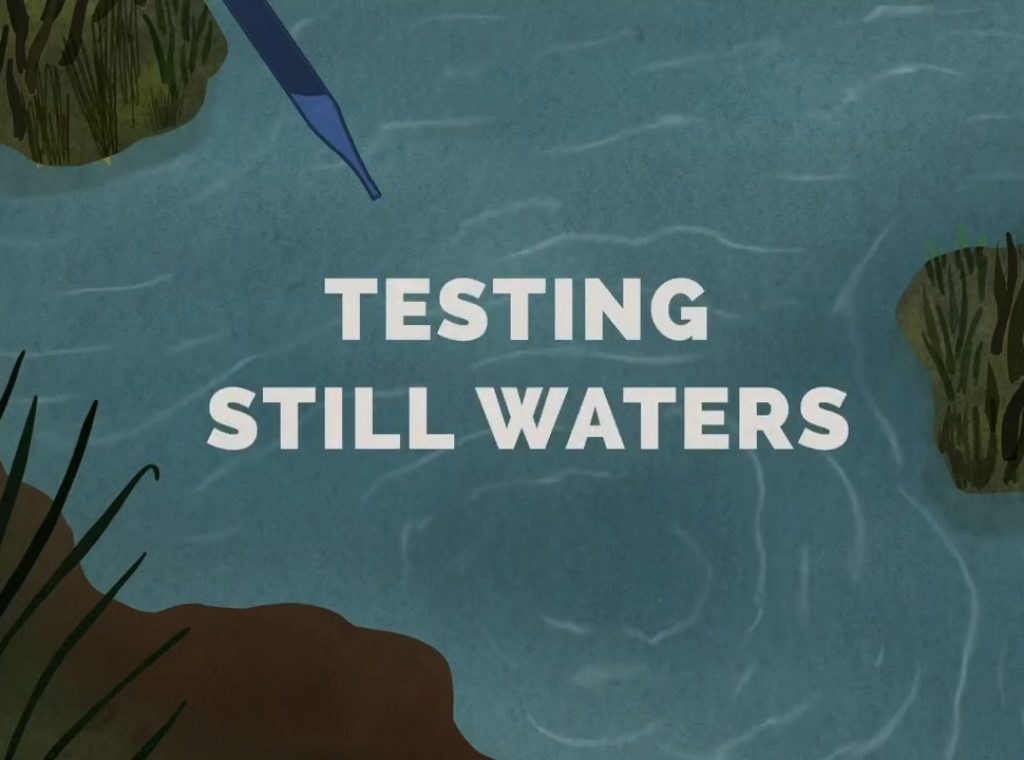

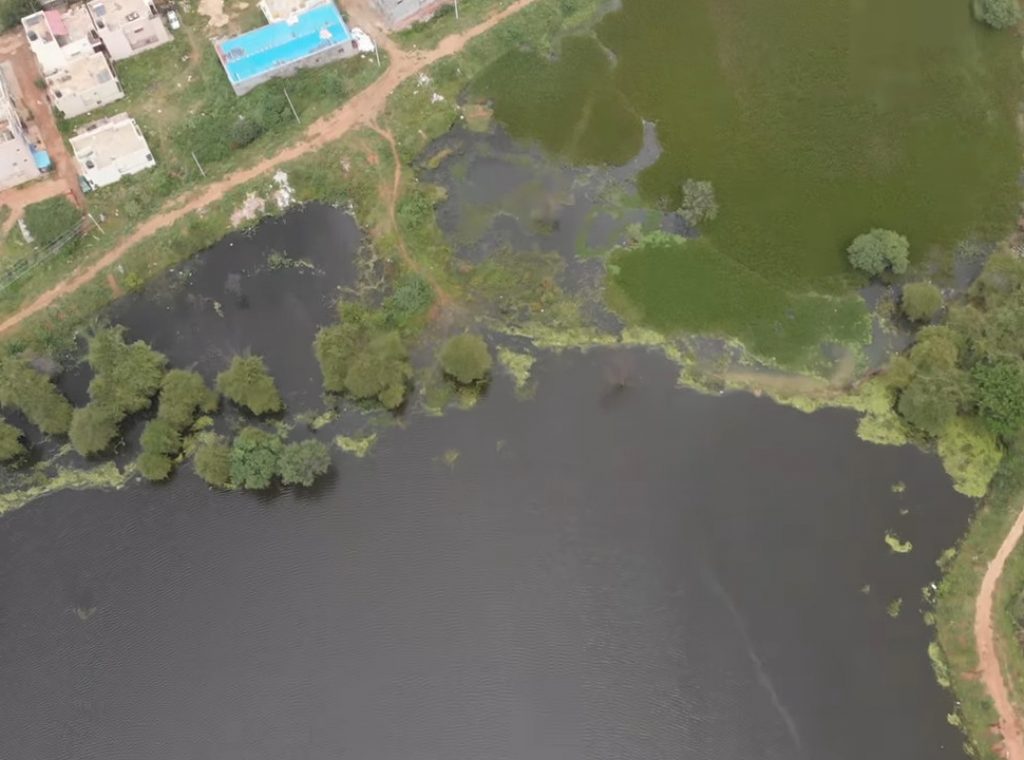

![Arkavathy_ A Changing Waterscape [English] 0-51 screenshot Arkavathy_ A Changing Waterscape [English] 0-51 screenshot](https://www.atree.org/wp-content/uploads/elementor/thumbs/Arkavathy_-A-Changing-Waterscape-English-0-51-screenshot-qyku1yyneoqgi66ojynr9tps7mvj1gjh773s9z6sog.jpg)

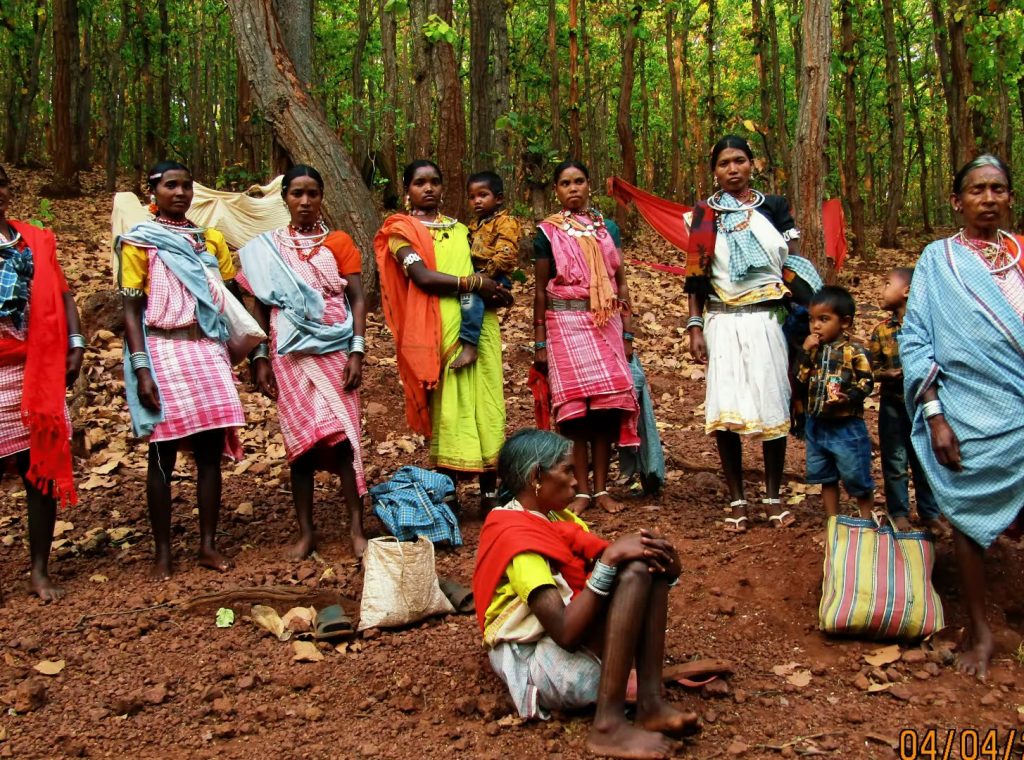

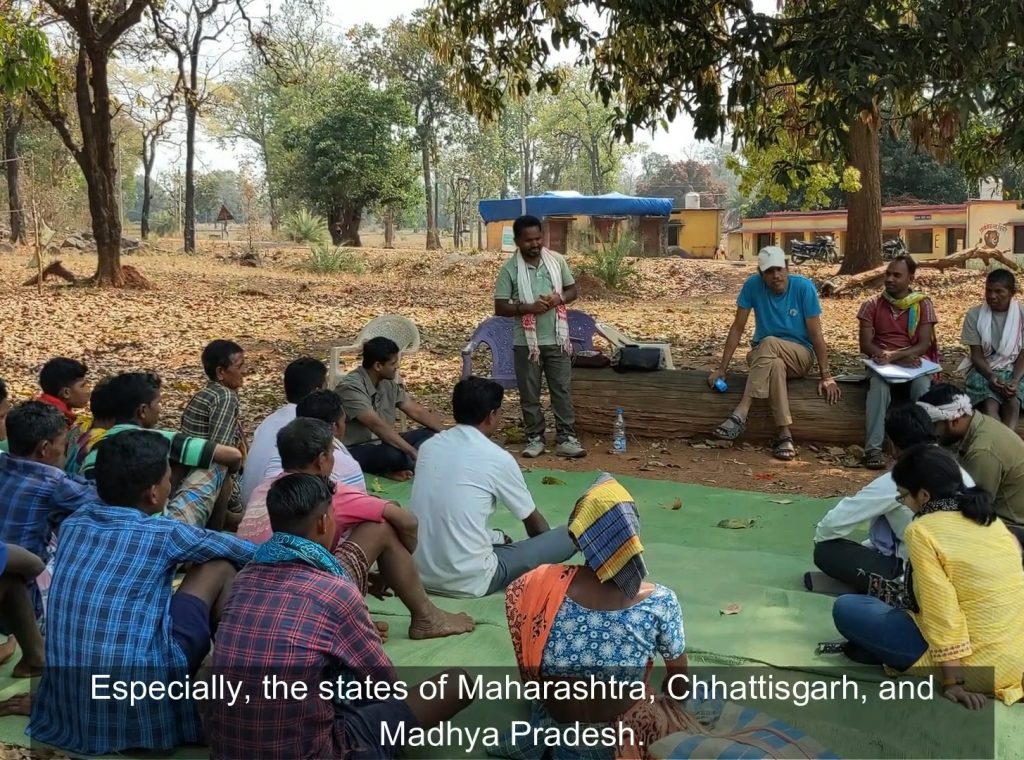

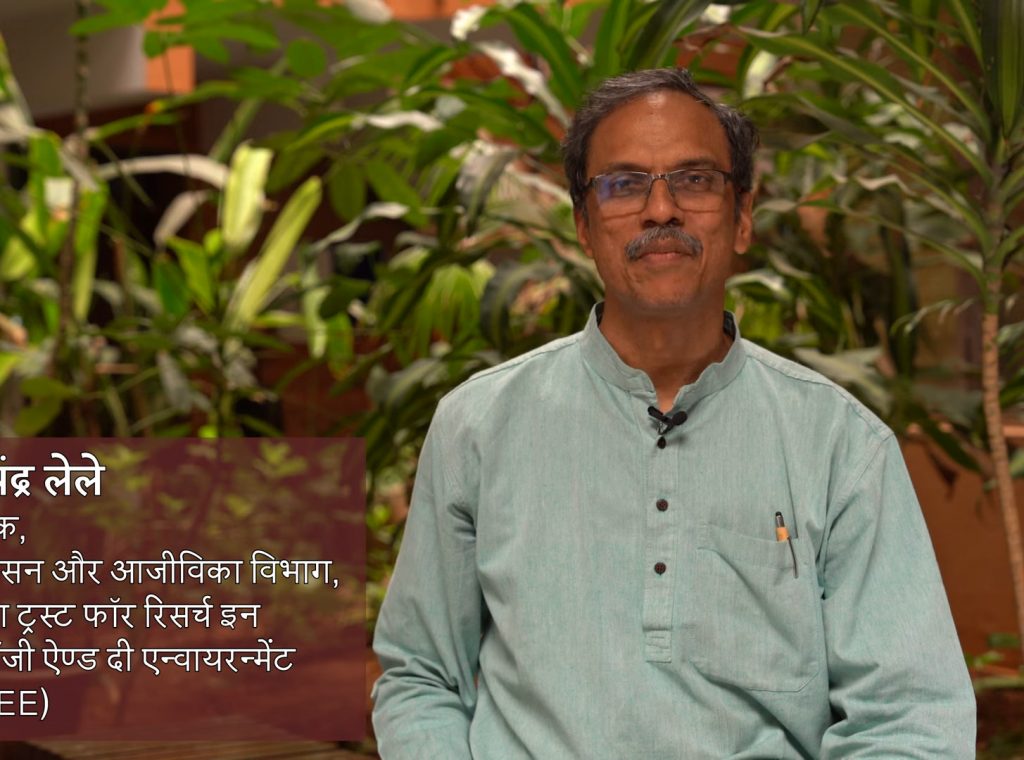

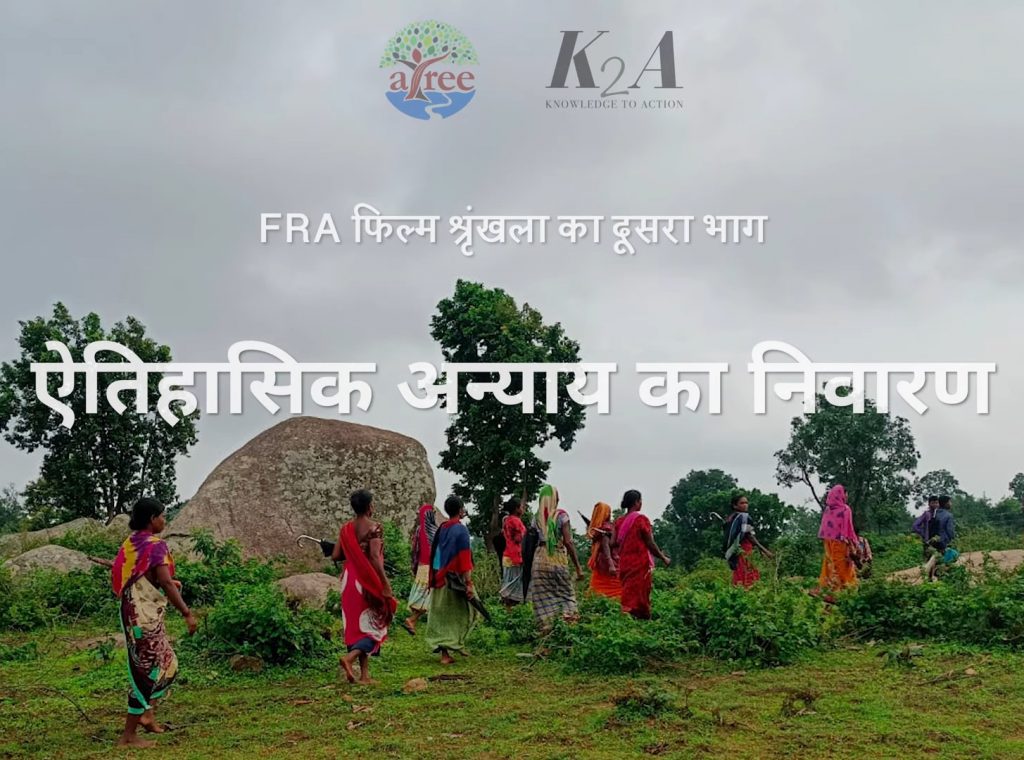

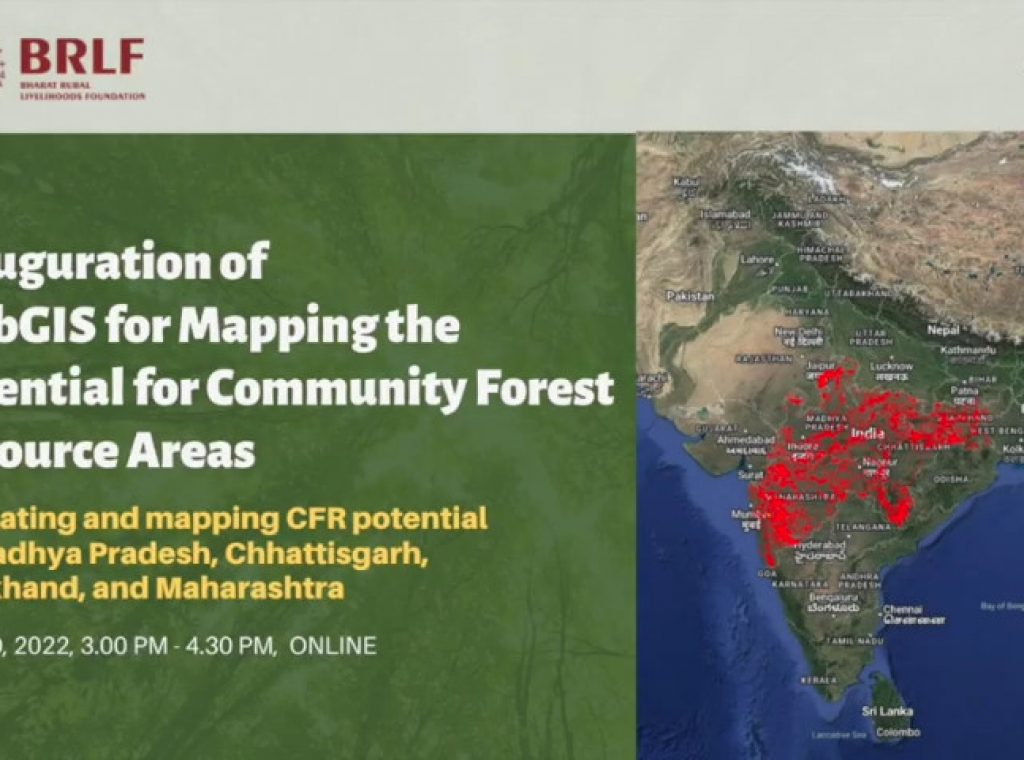



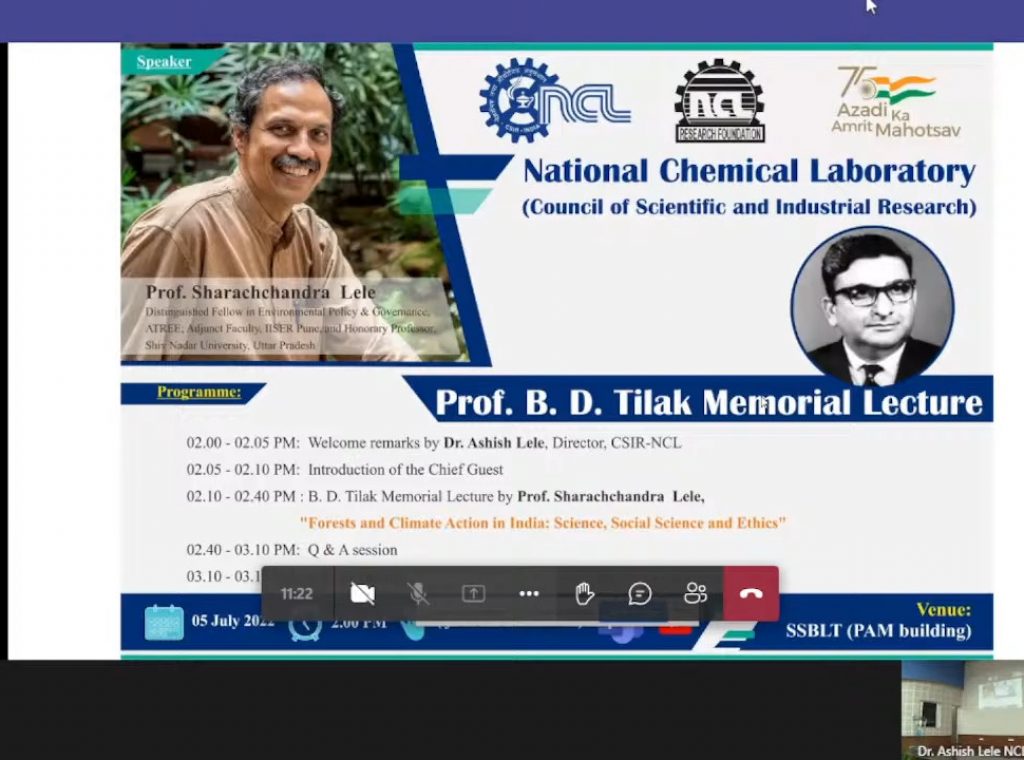

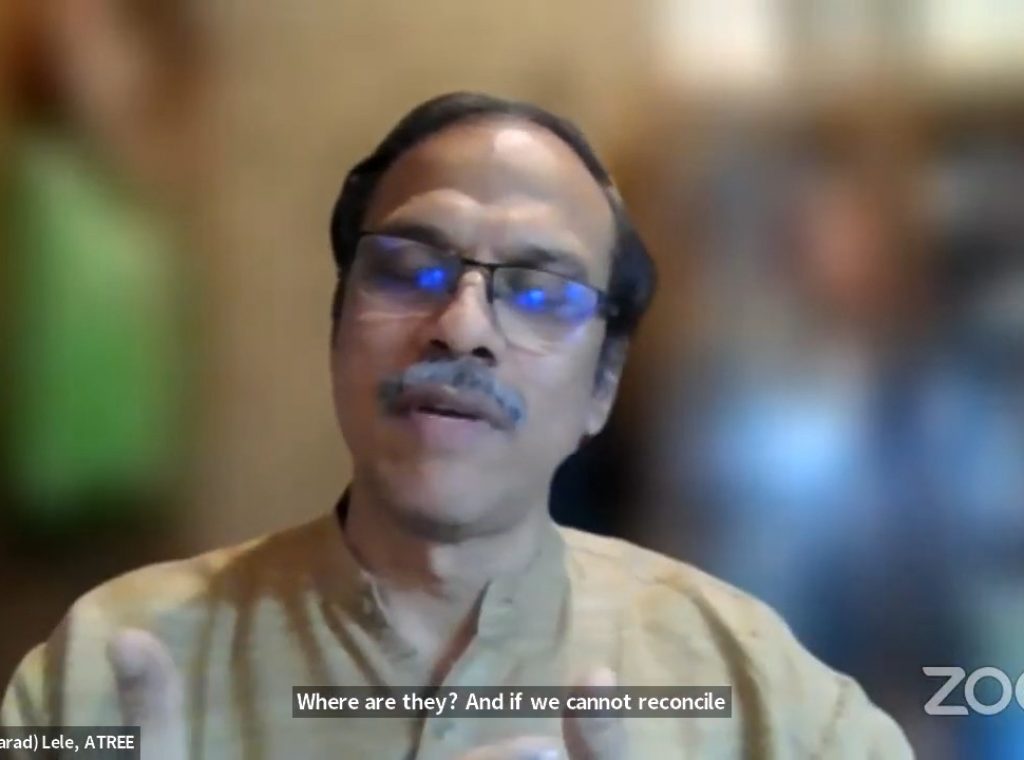

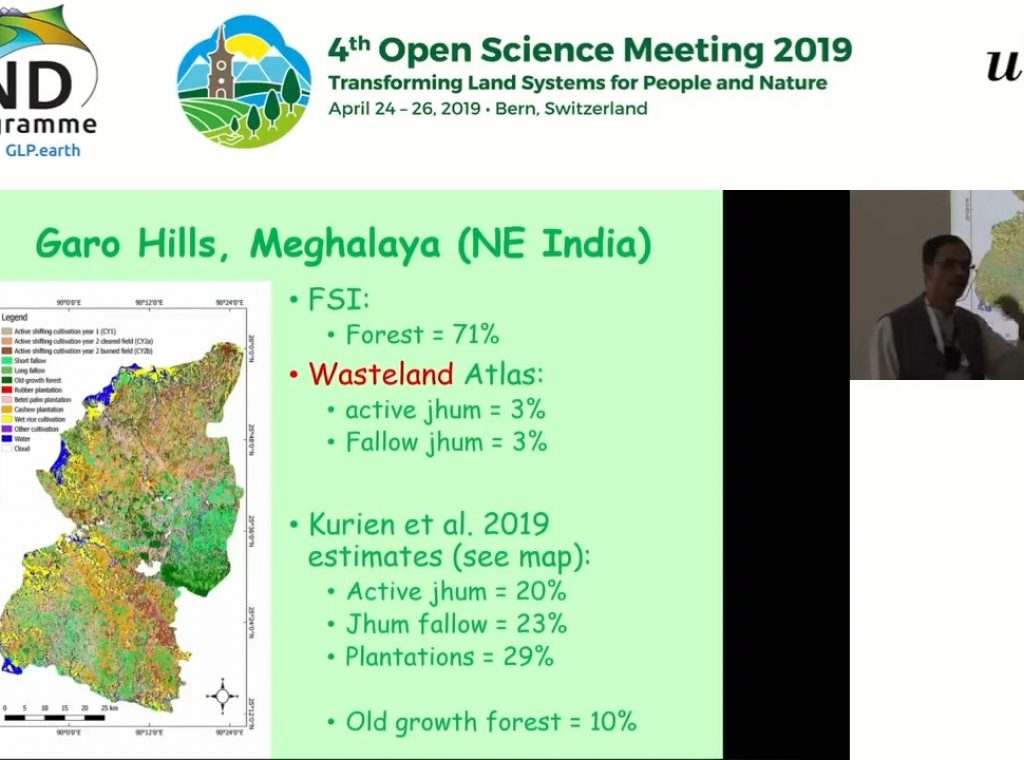



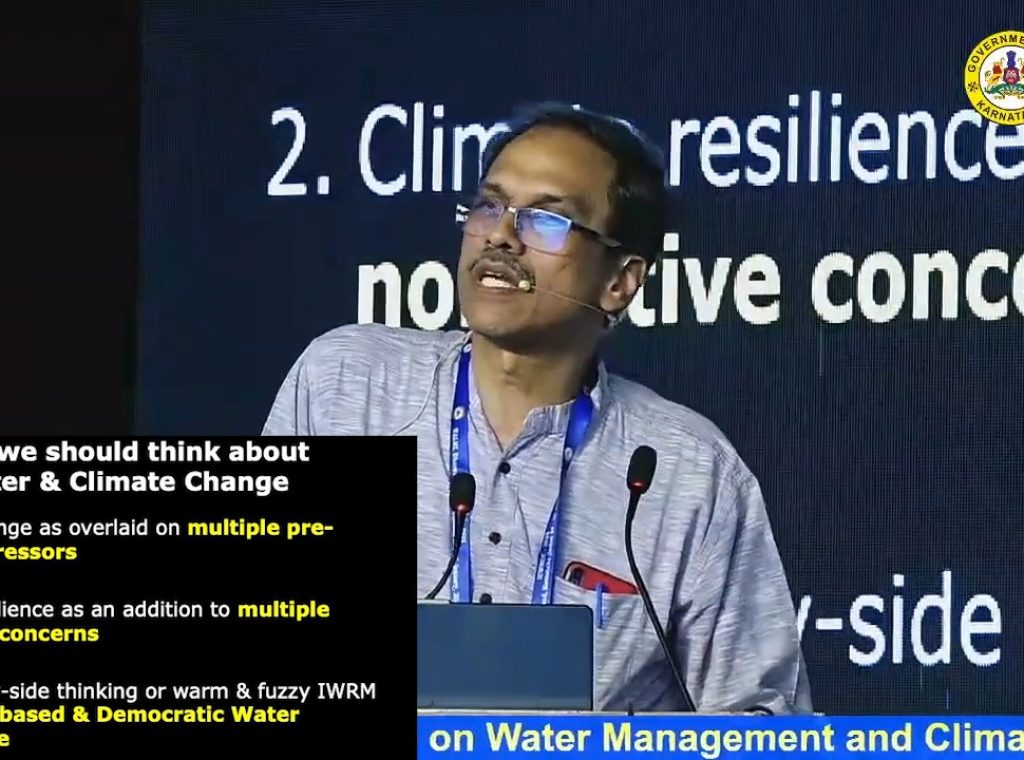

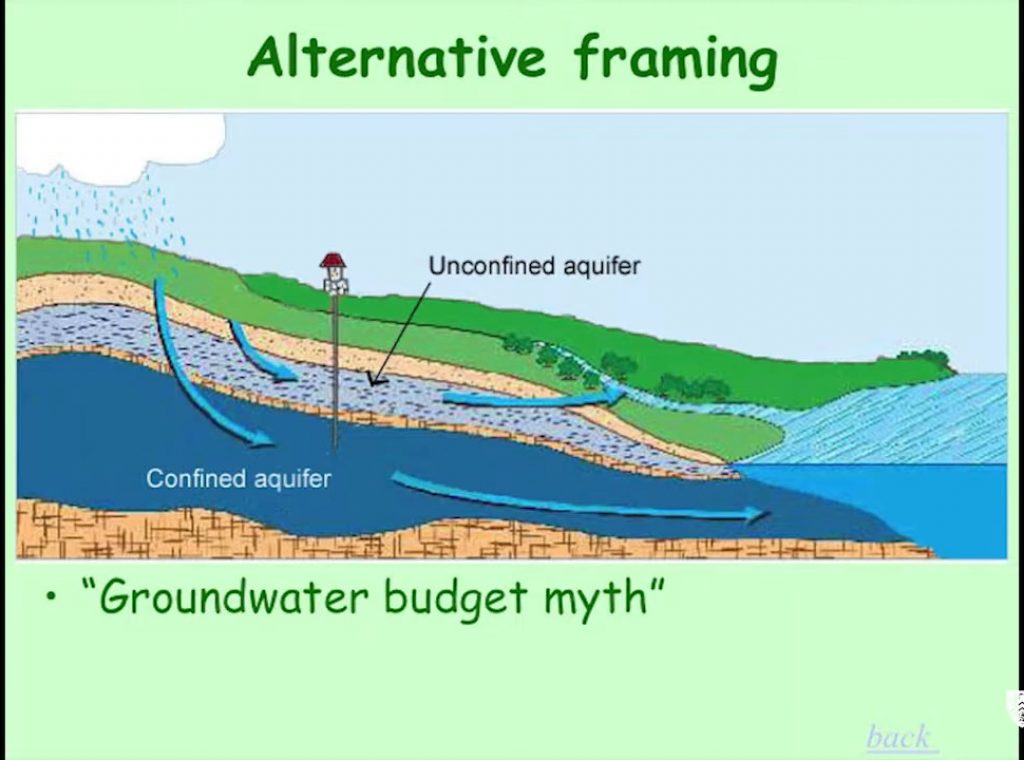

![River or Sewer_ The Story of Vrishabhavathy River in Bengaluru, Southern India [English] 0-53 screenshot River or Sewer_ The Story of Vrishabhavathy River in Bengaluru, Southern India [English] 0-53 screenshot](https://www.atree.org/wp-content/uploads/elementor/thumbs/River-or-Sewer_-The-Story-of-Vrishabhavathy-River-in-Bengaluru-Southern-India-English-0-53-screenshot-qyku3m6hd8zitlsny6994wrtmwrnie2kfc7dieqzsg.jpg)

![Arkavathy_ A Changing Waterscape [English] 0-51 screenshot Arkavathy_ A Changing Waterscape [English] 0-51 screenshot](https://www.atree.org/wp-content/uploads/elementor/thumbs/Arkavathy_-A-Changing-Waterscape-English-0-51-screenshot-qyku1yyneoqgi66ojynr9tps7mvj1gjh773s9z6sog.jpg)

